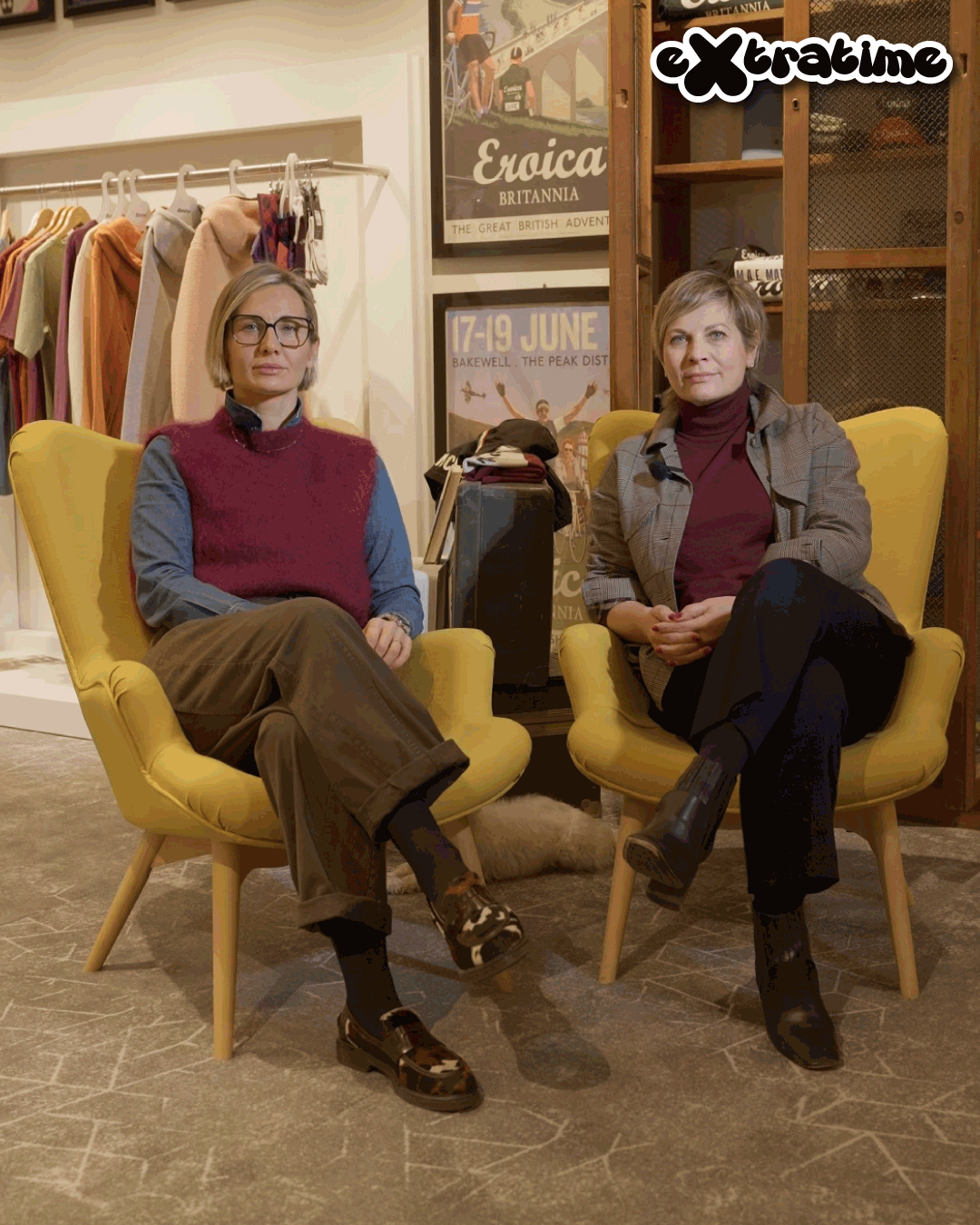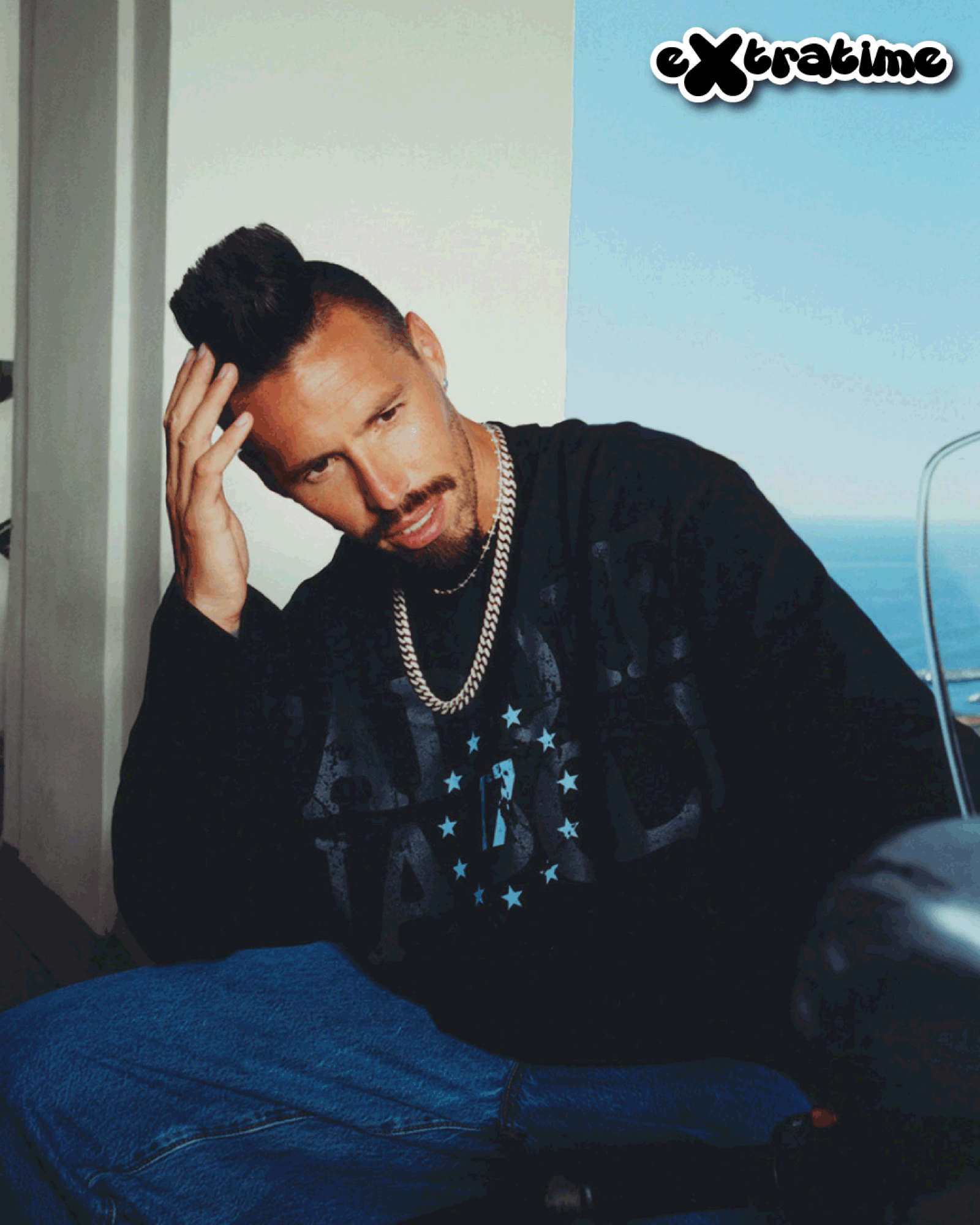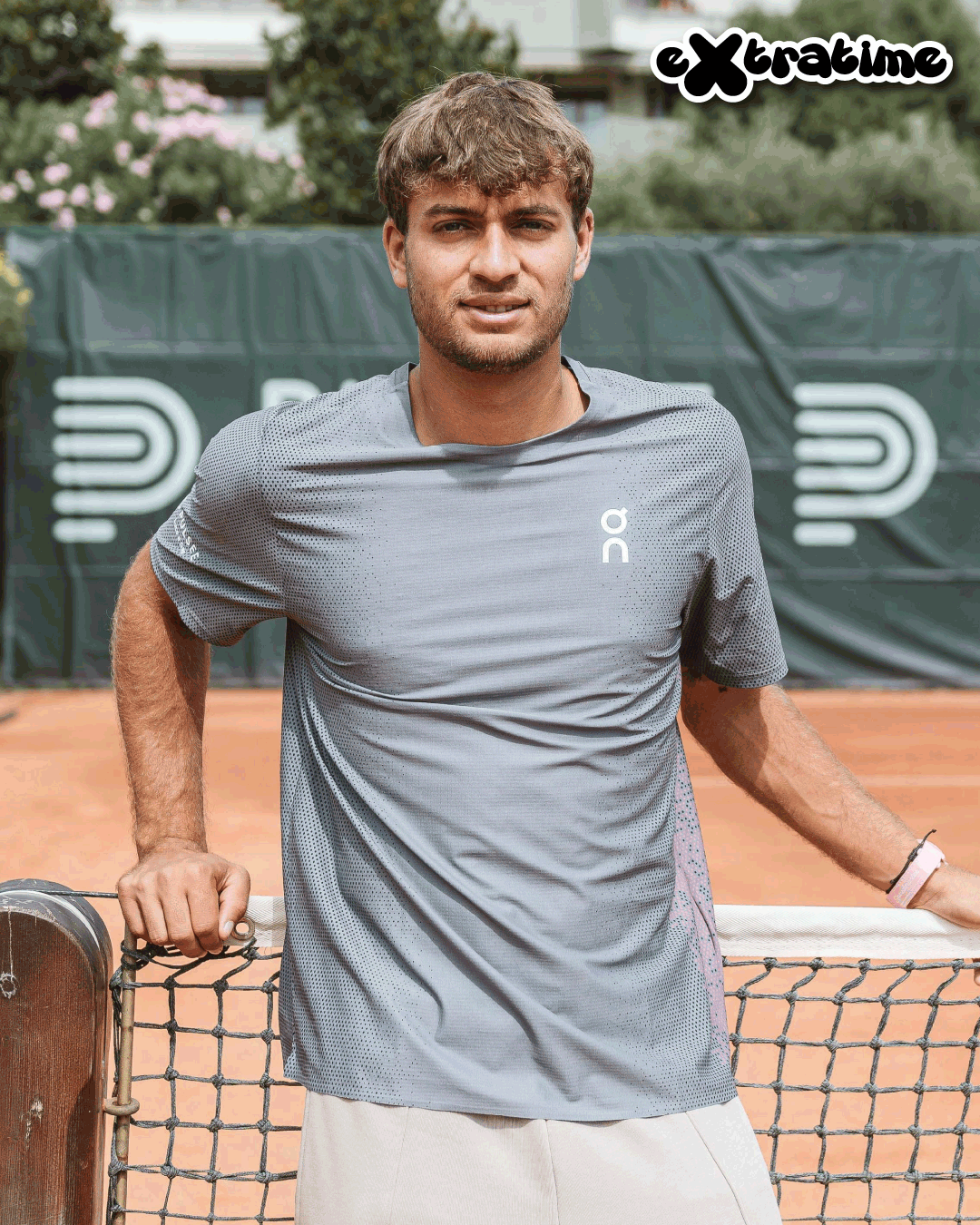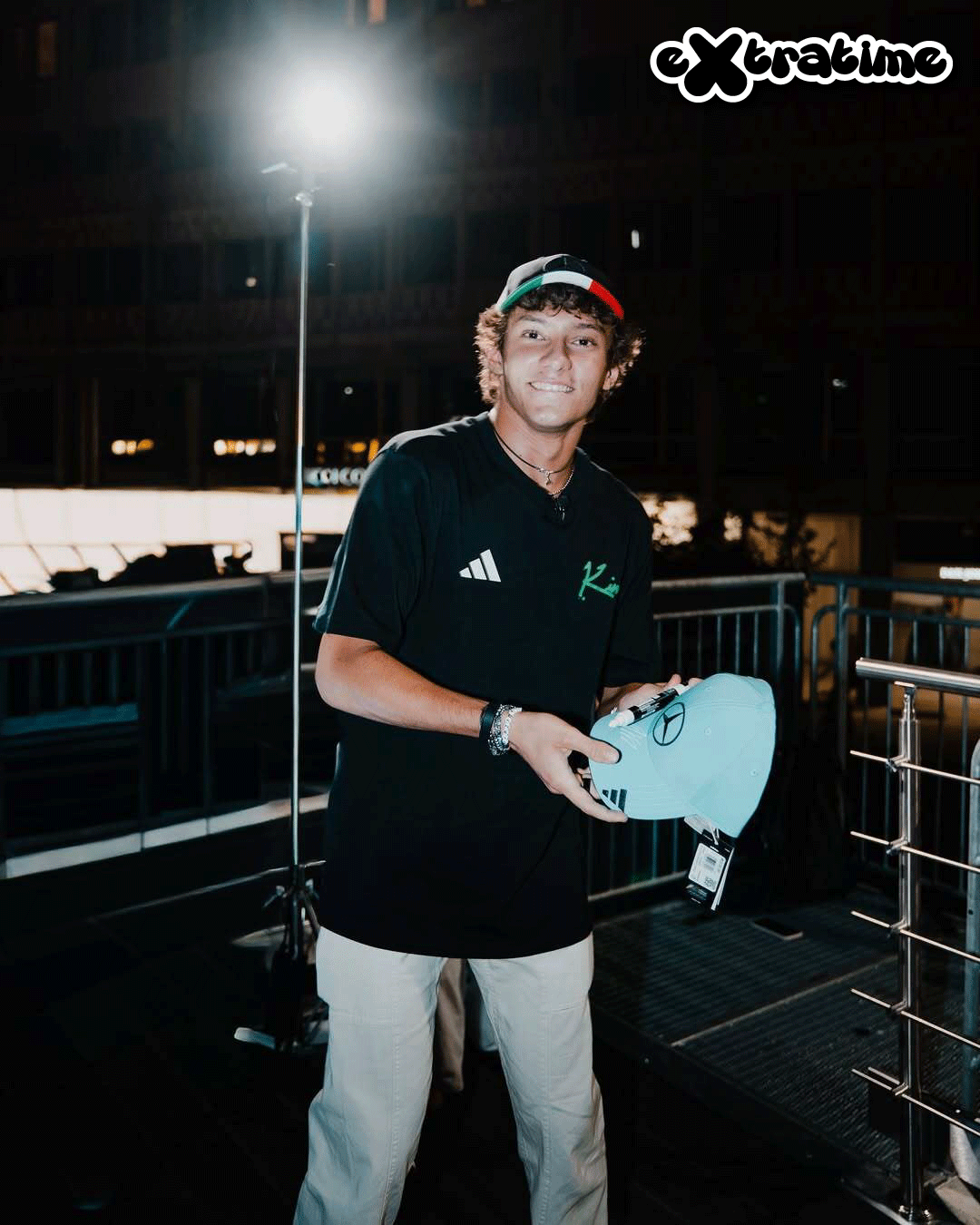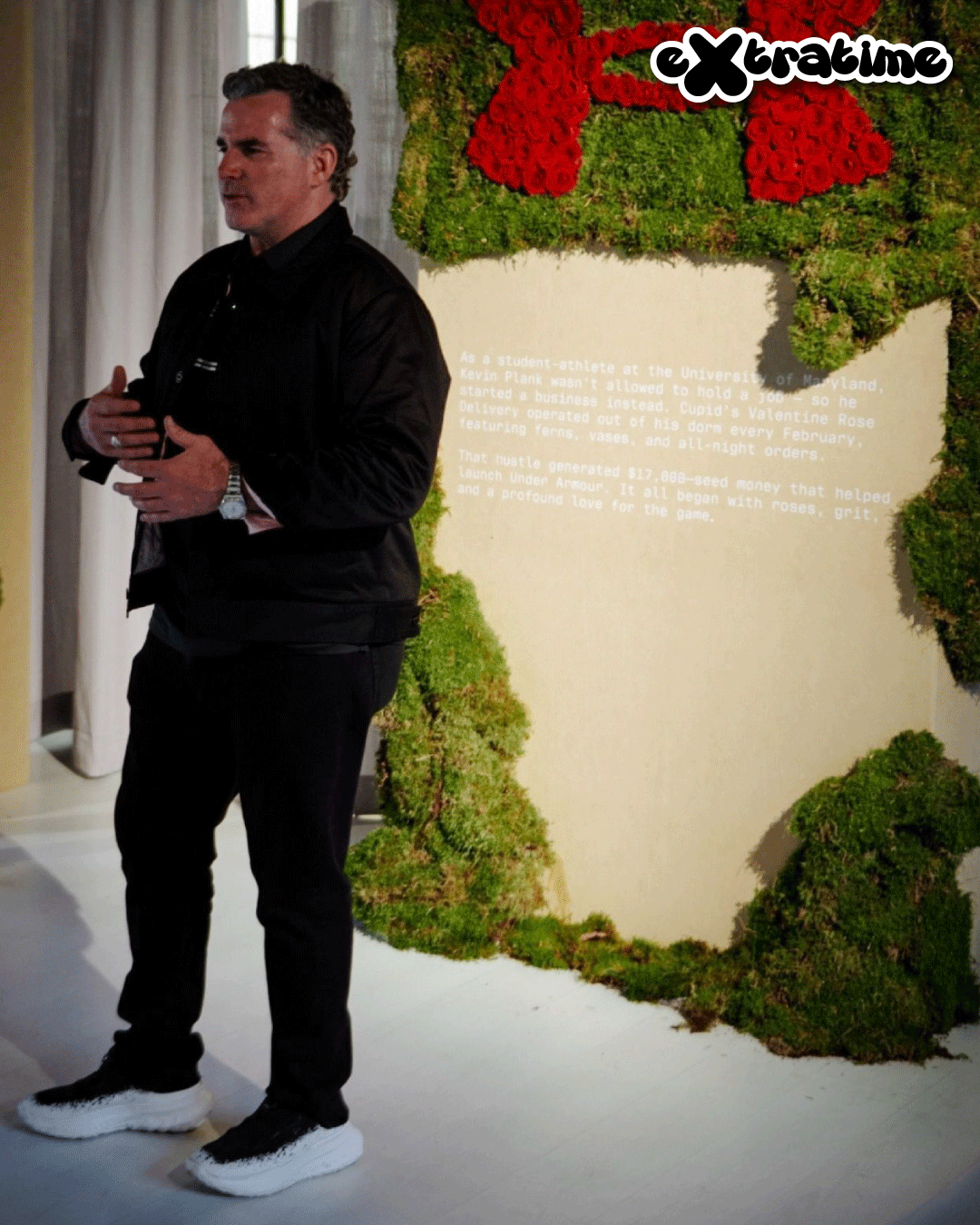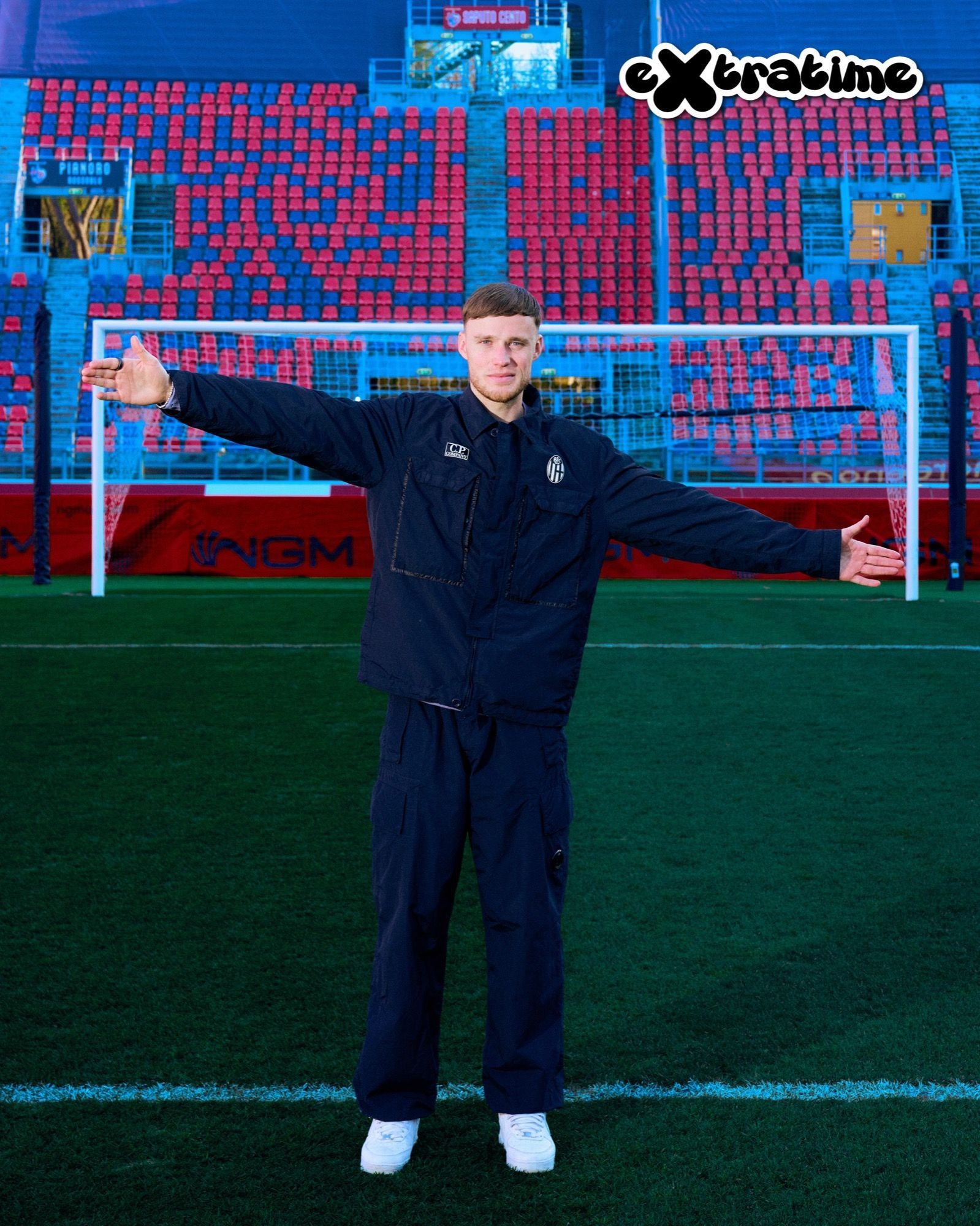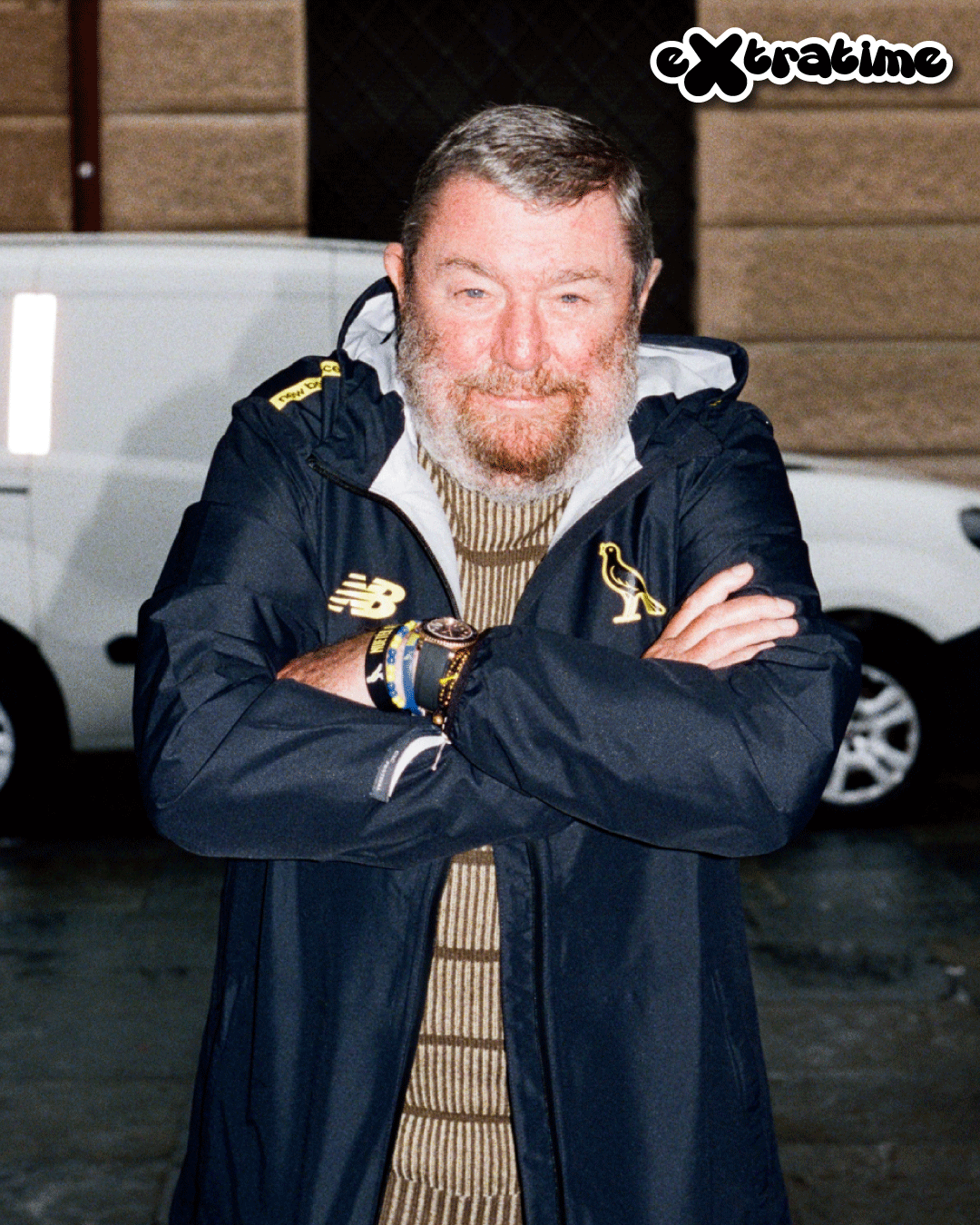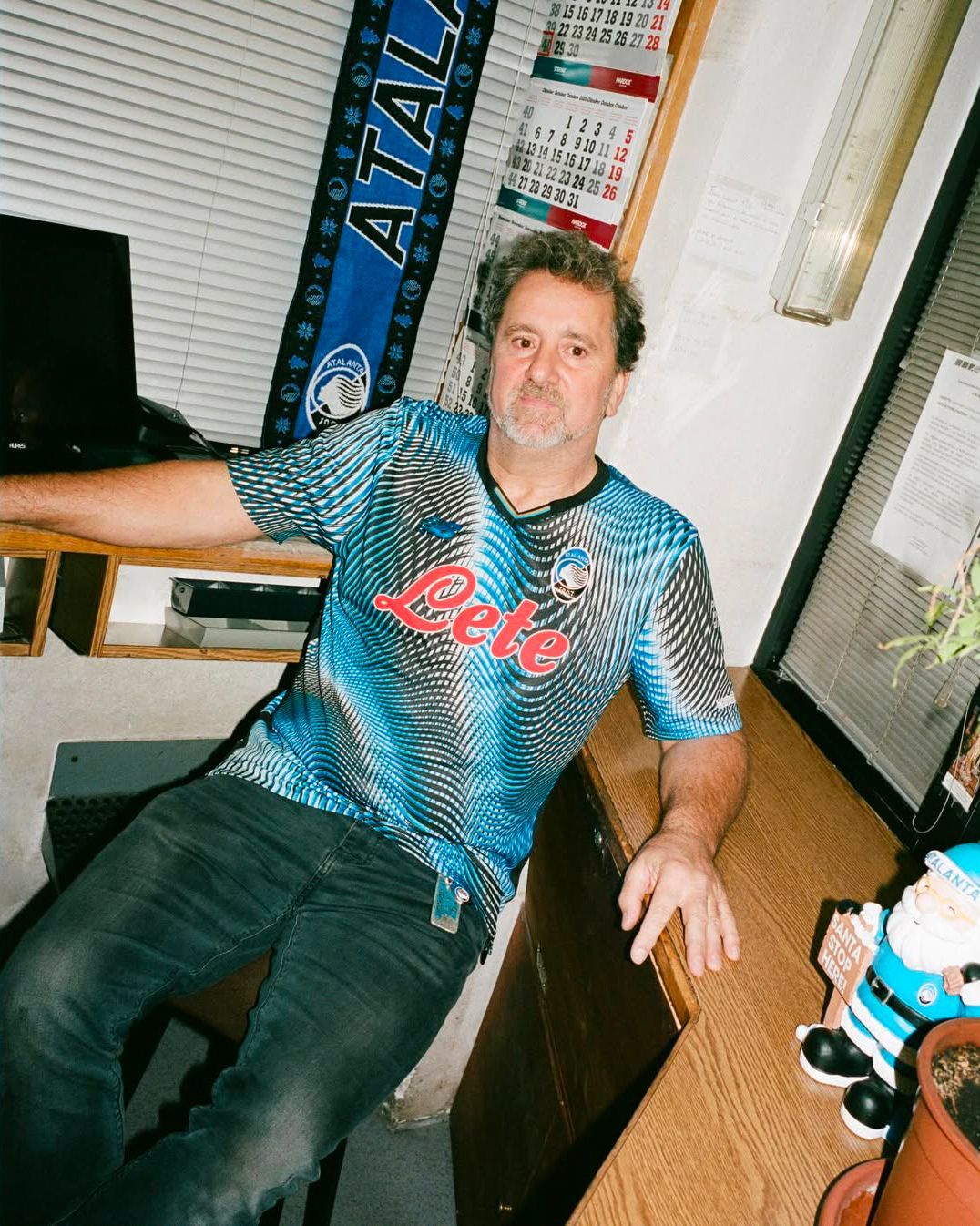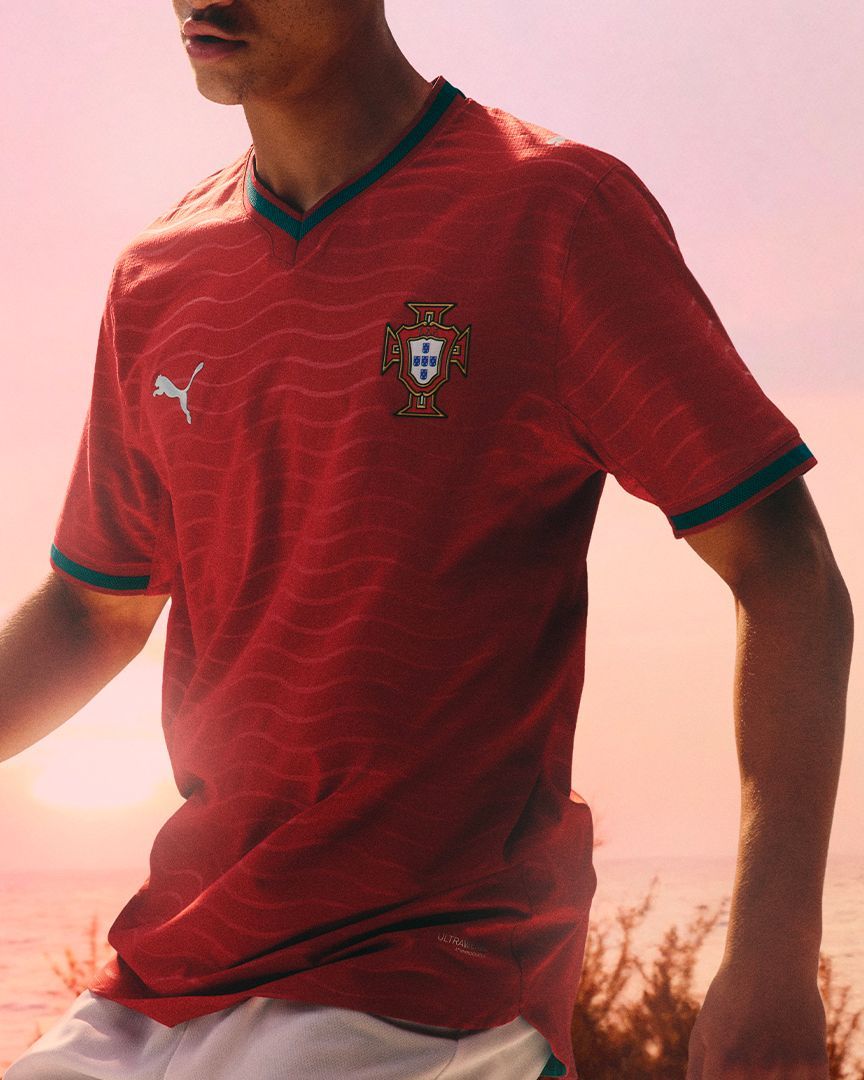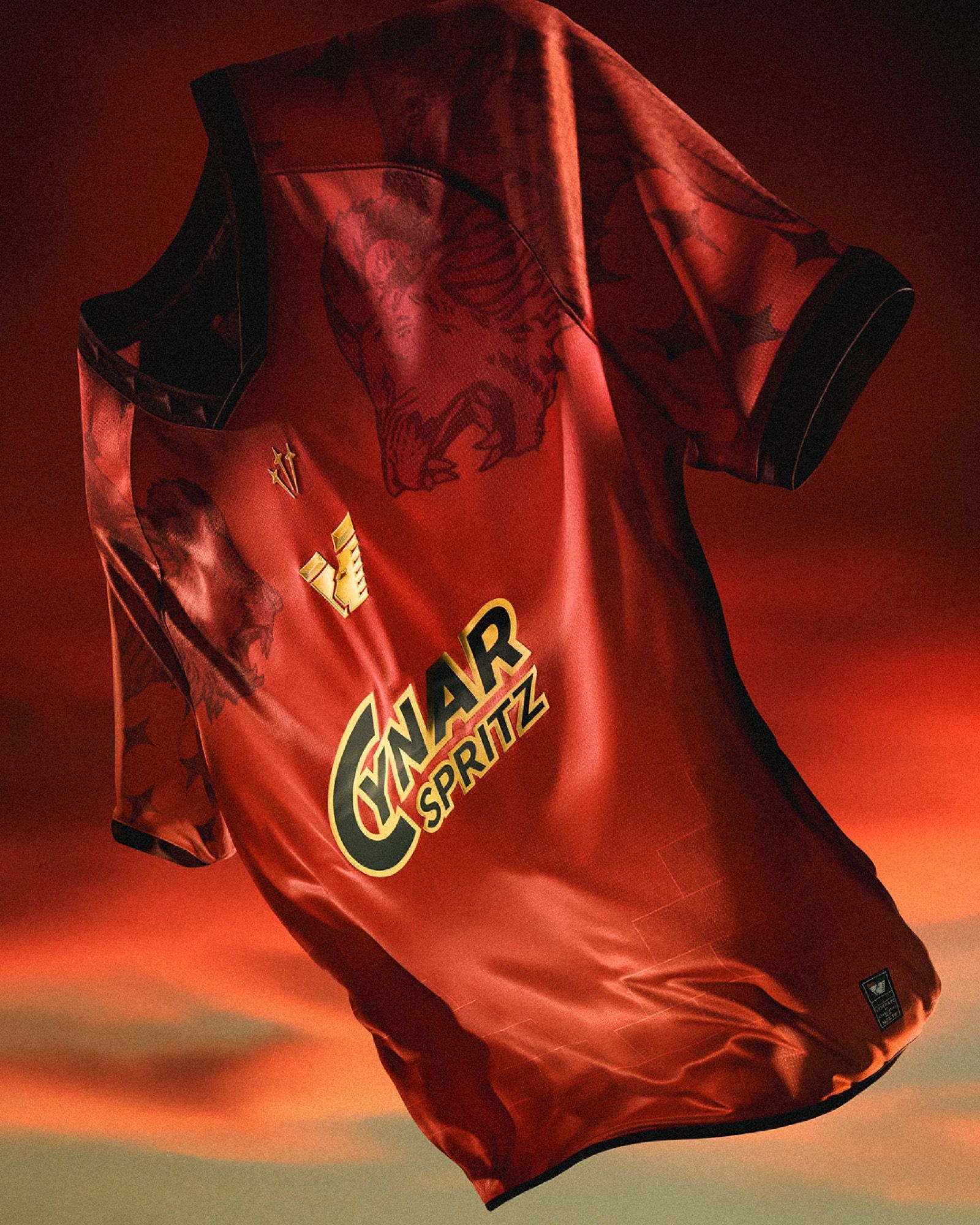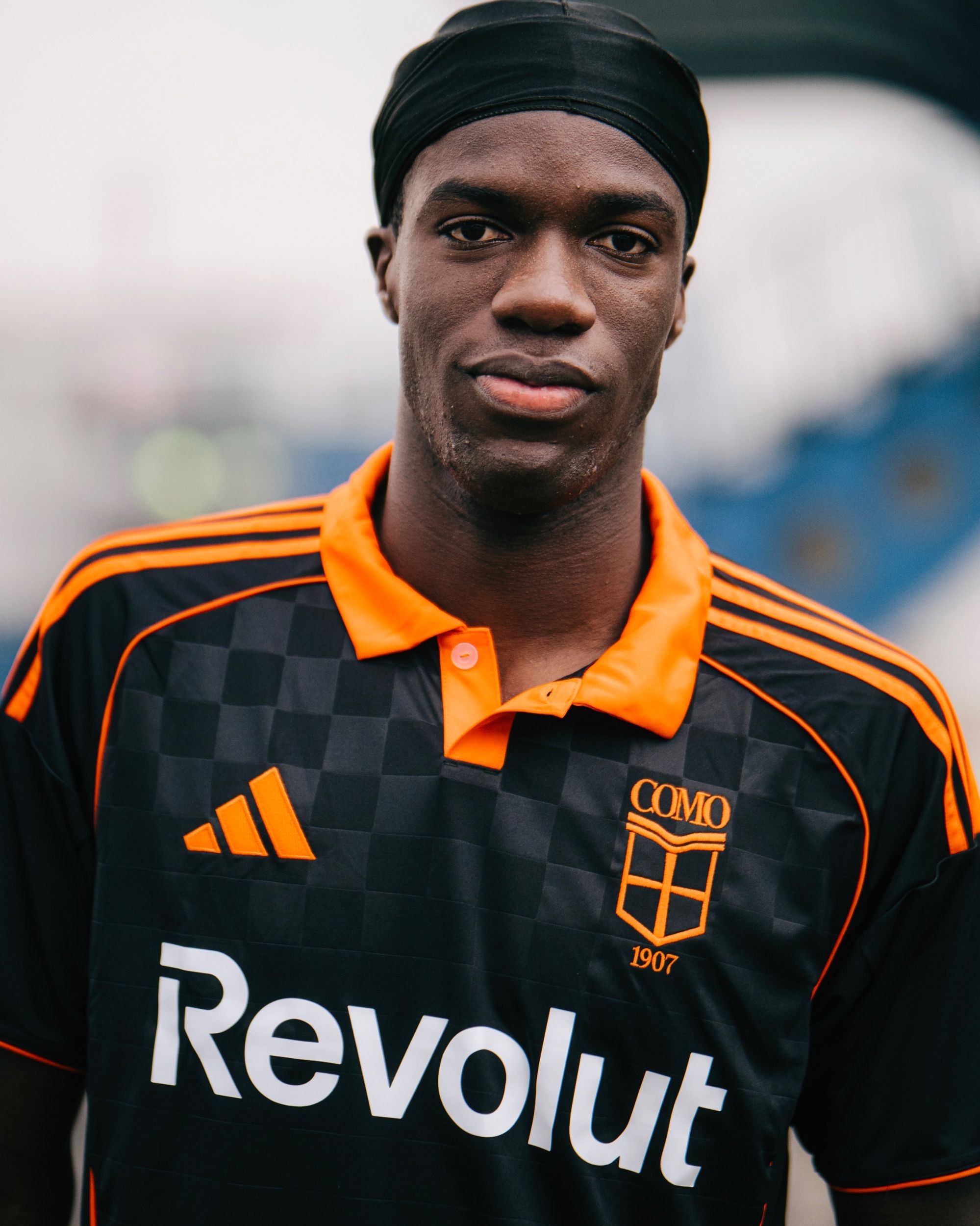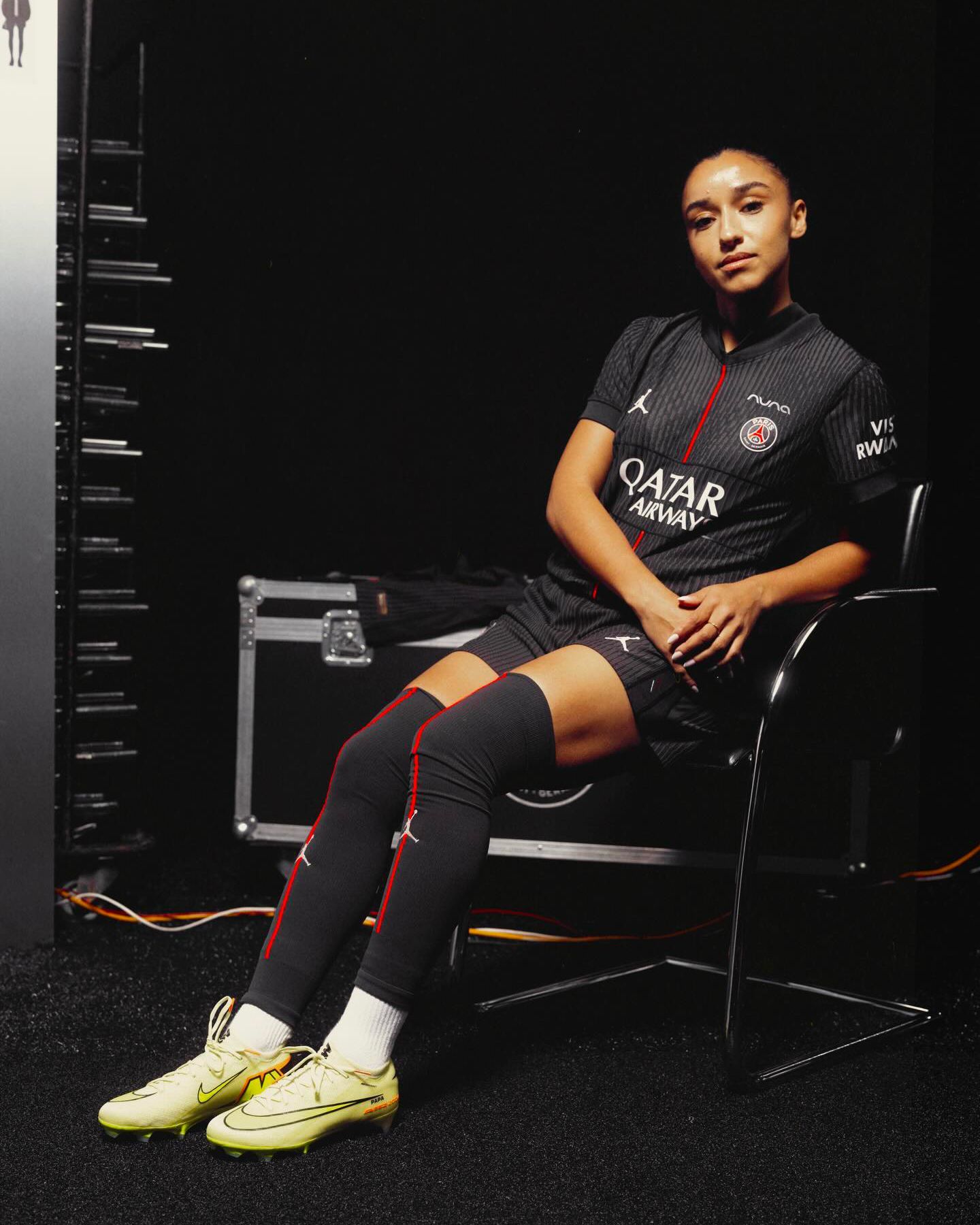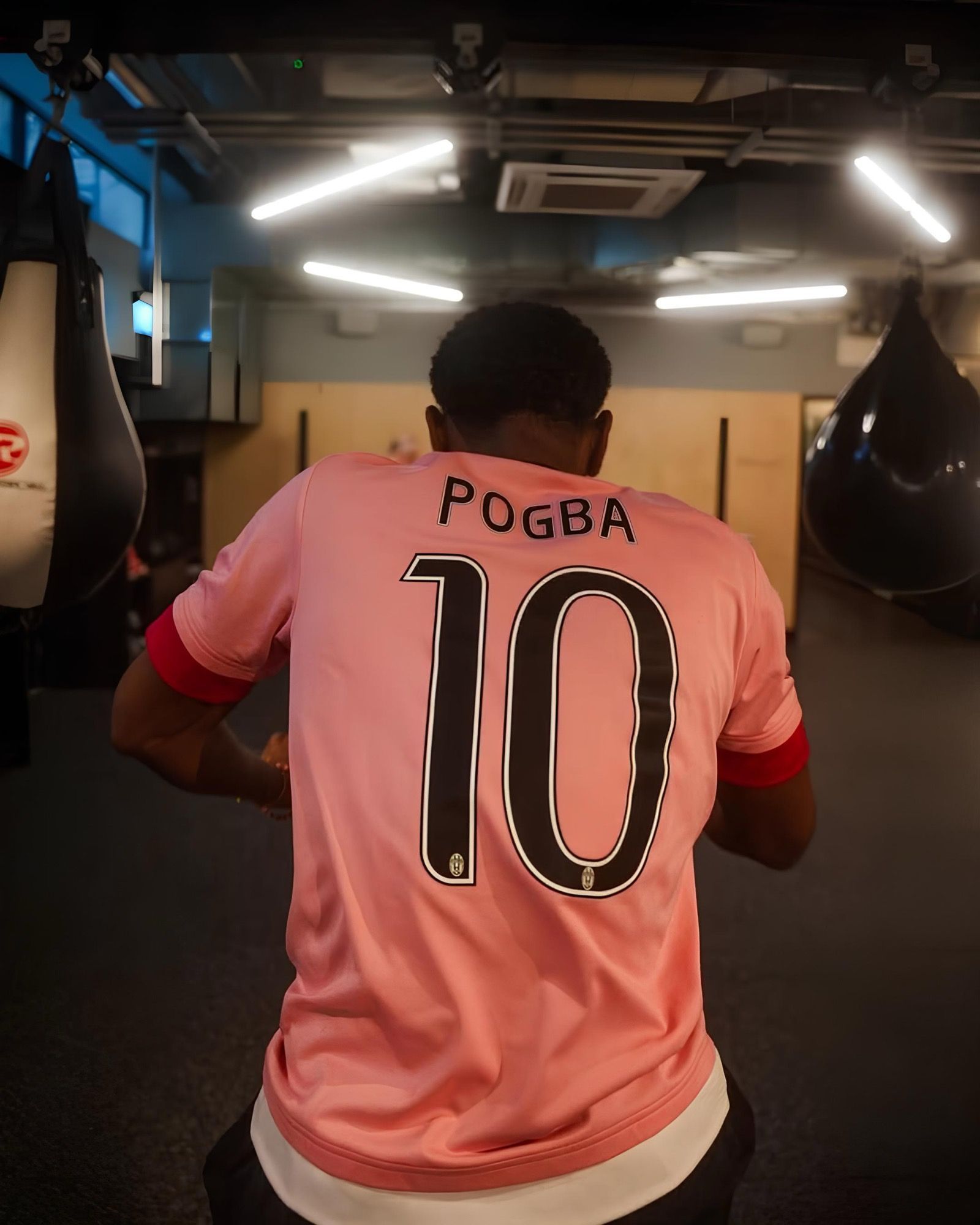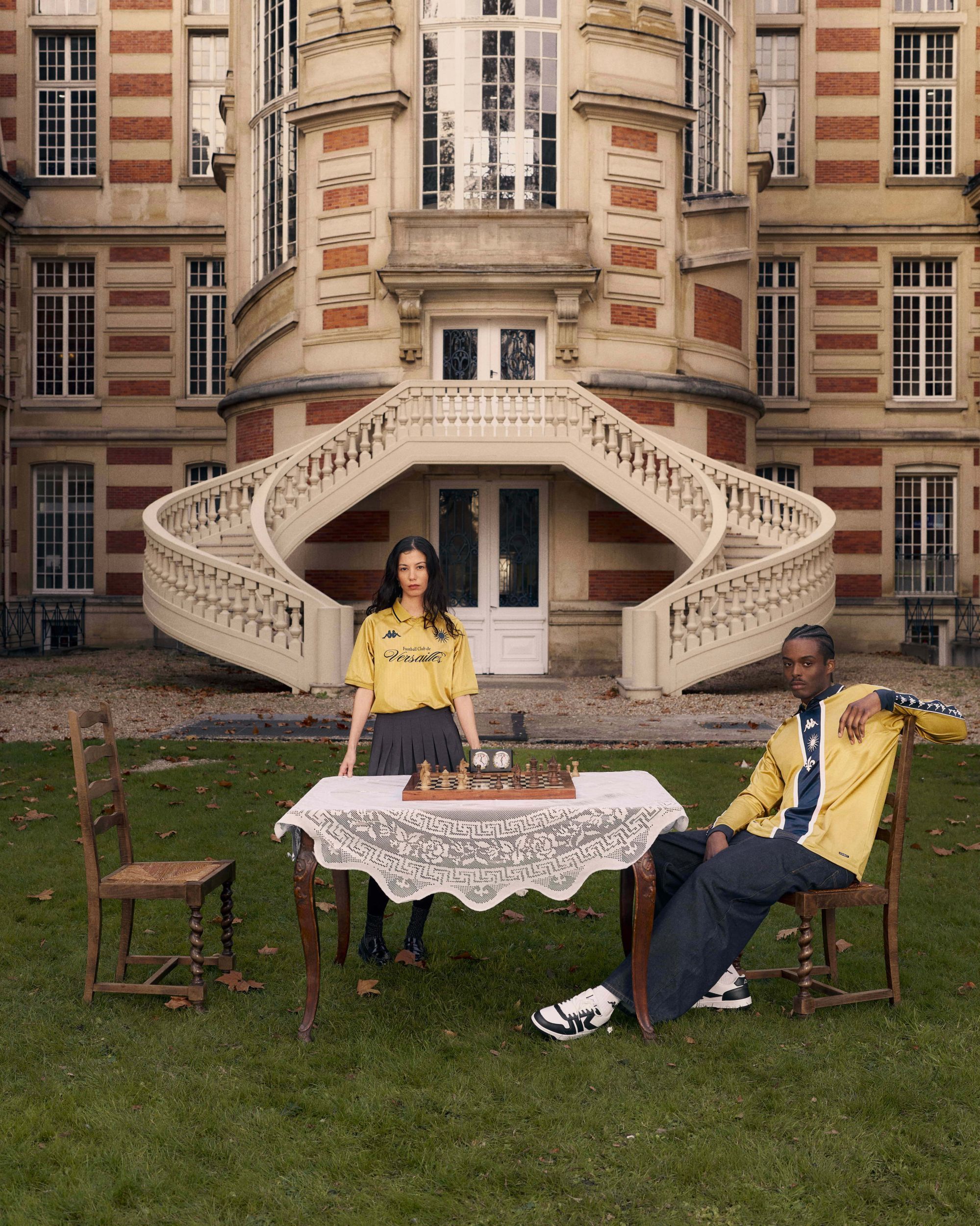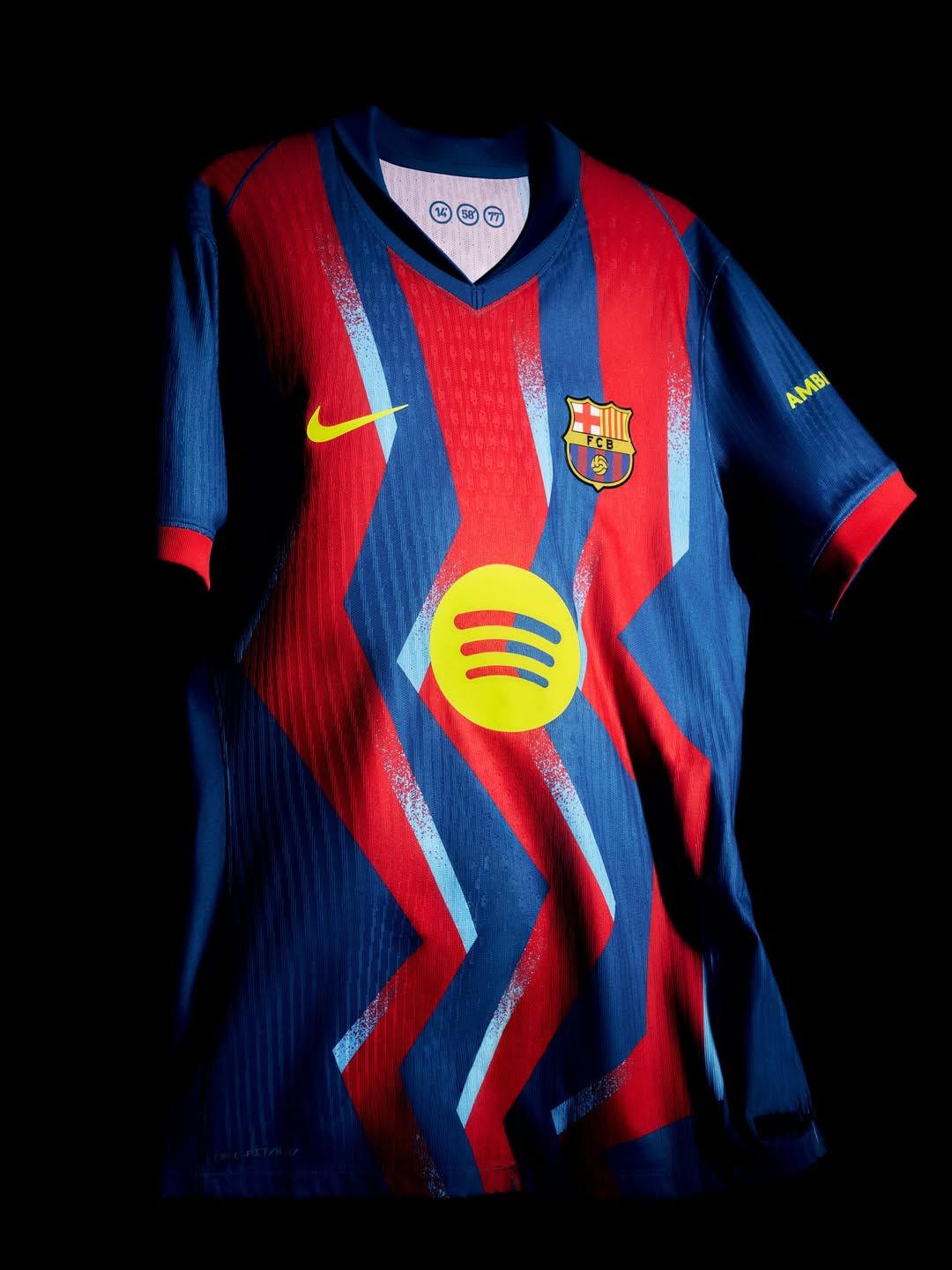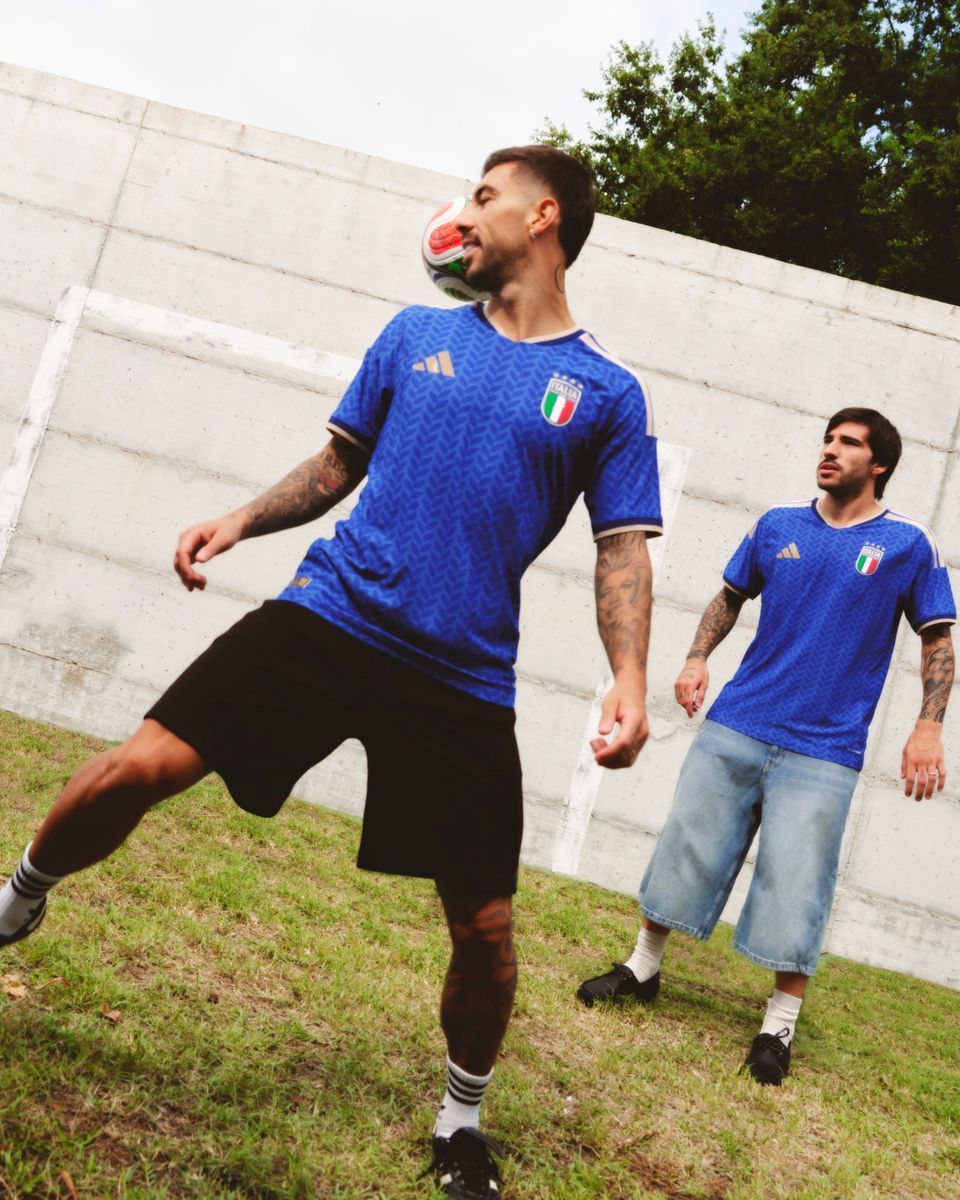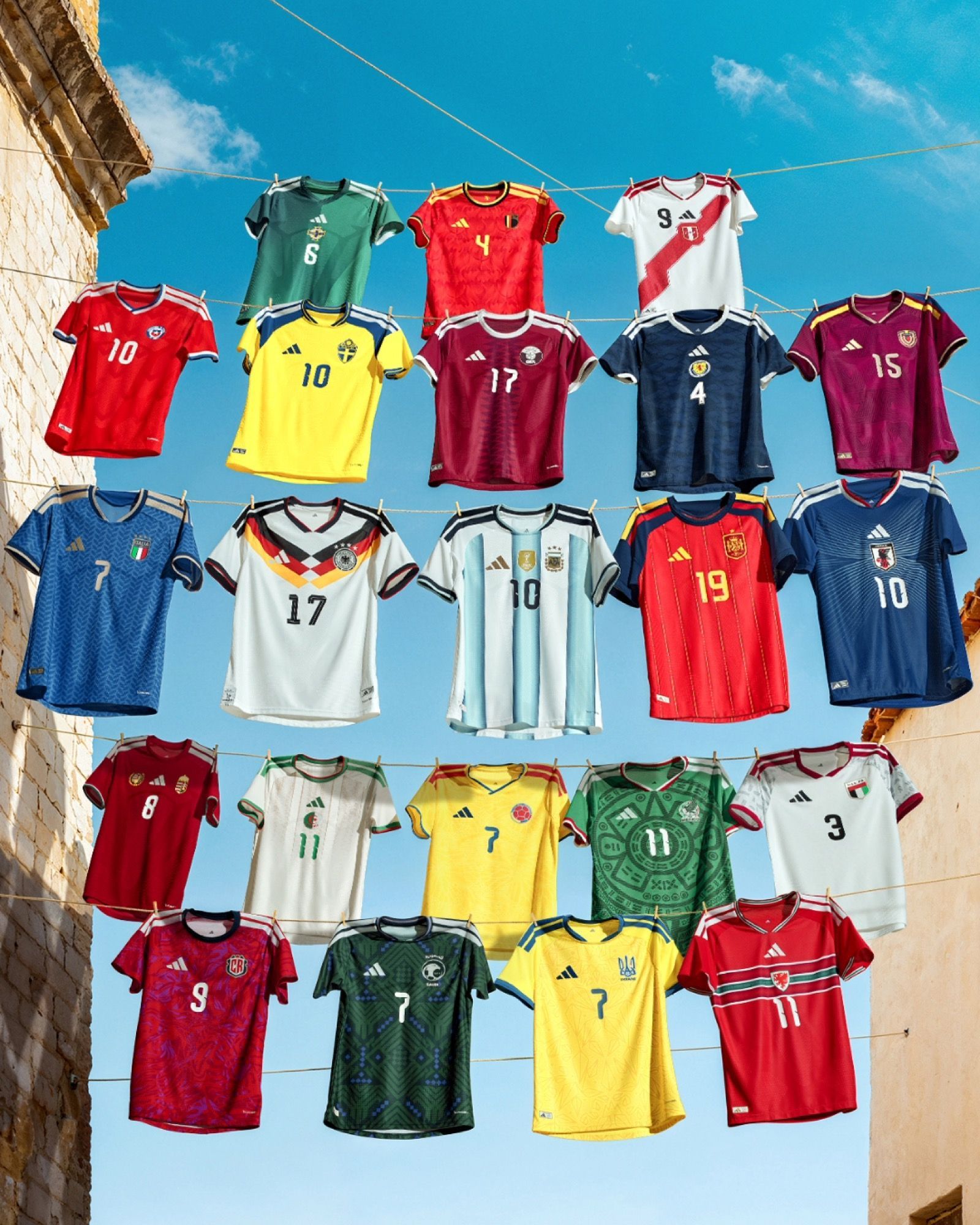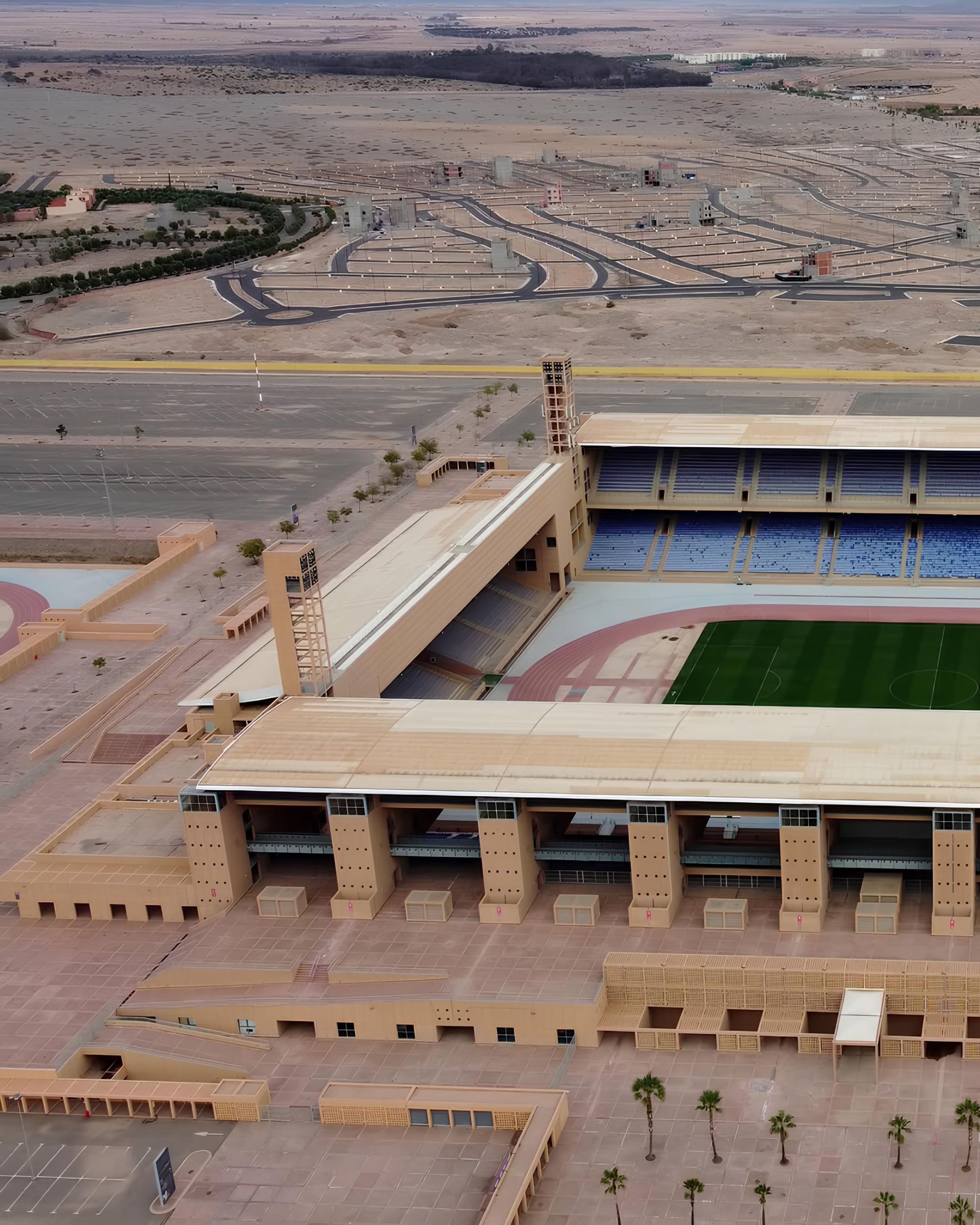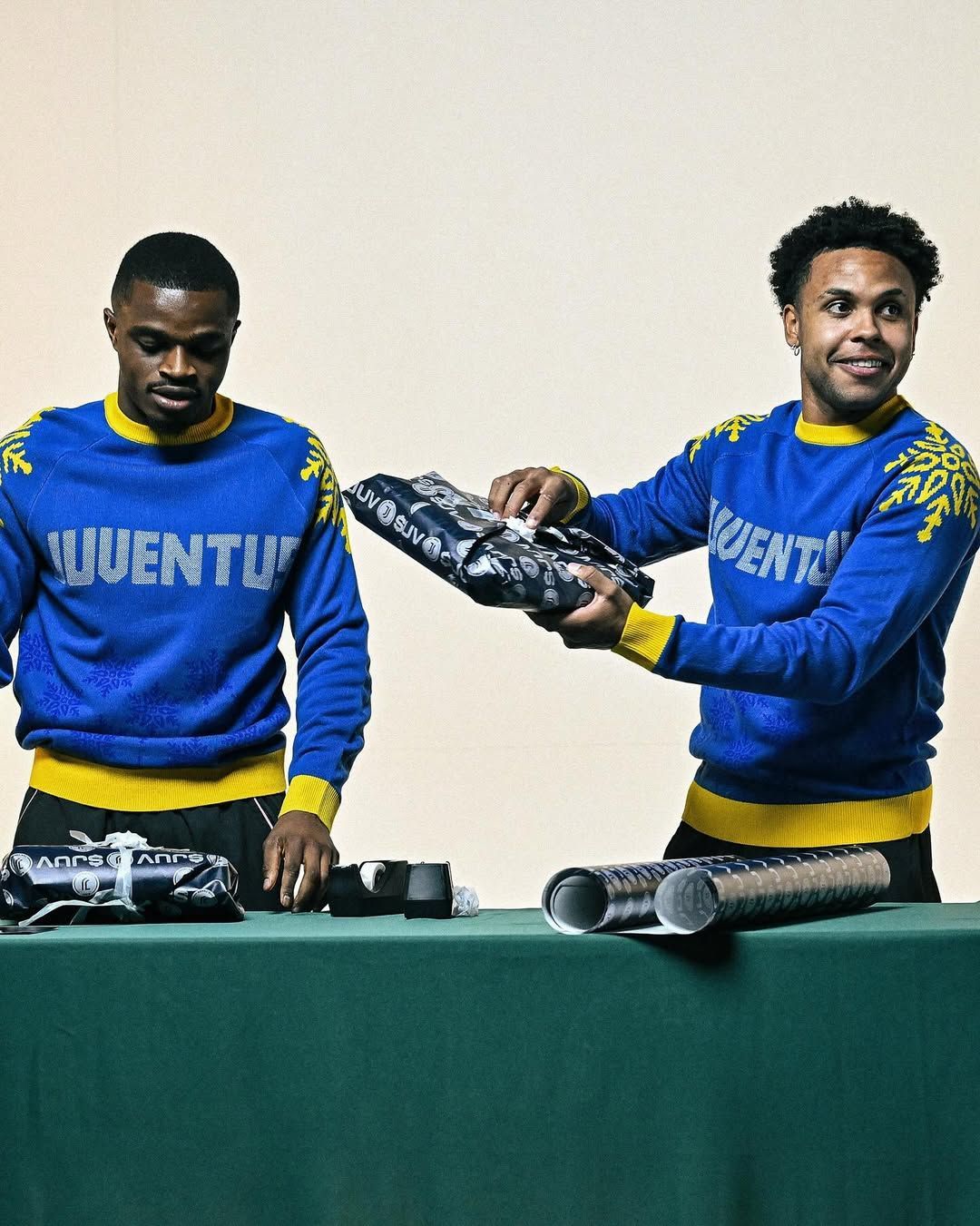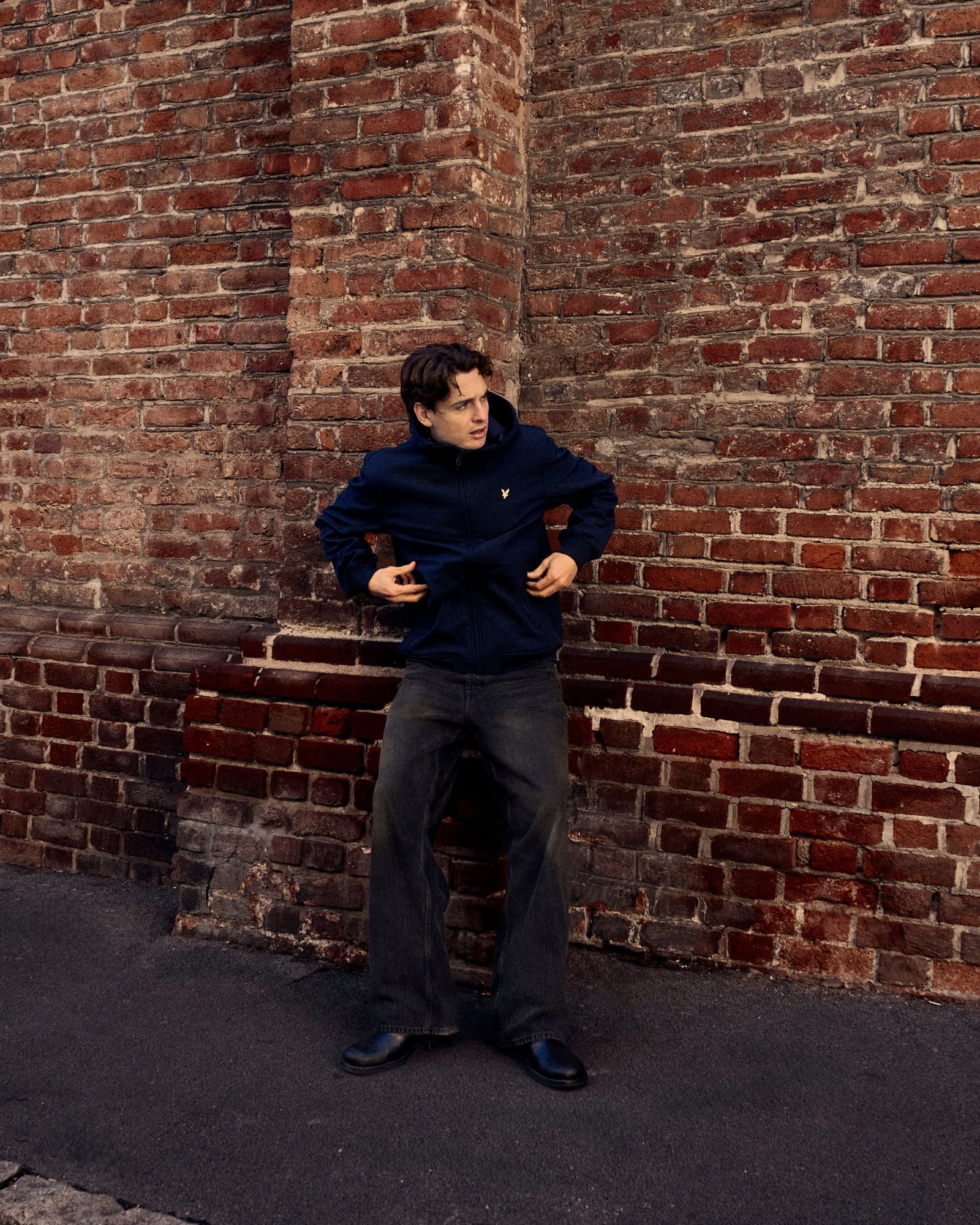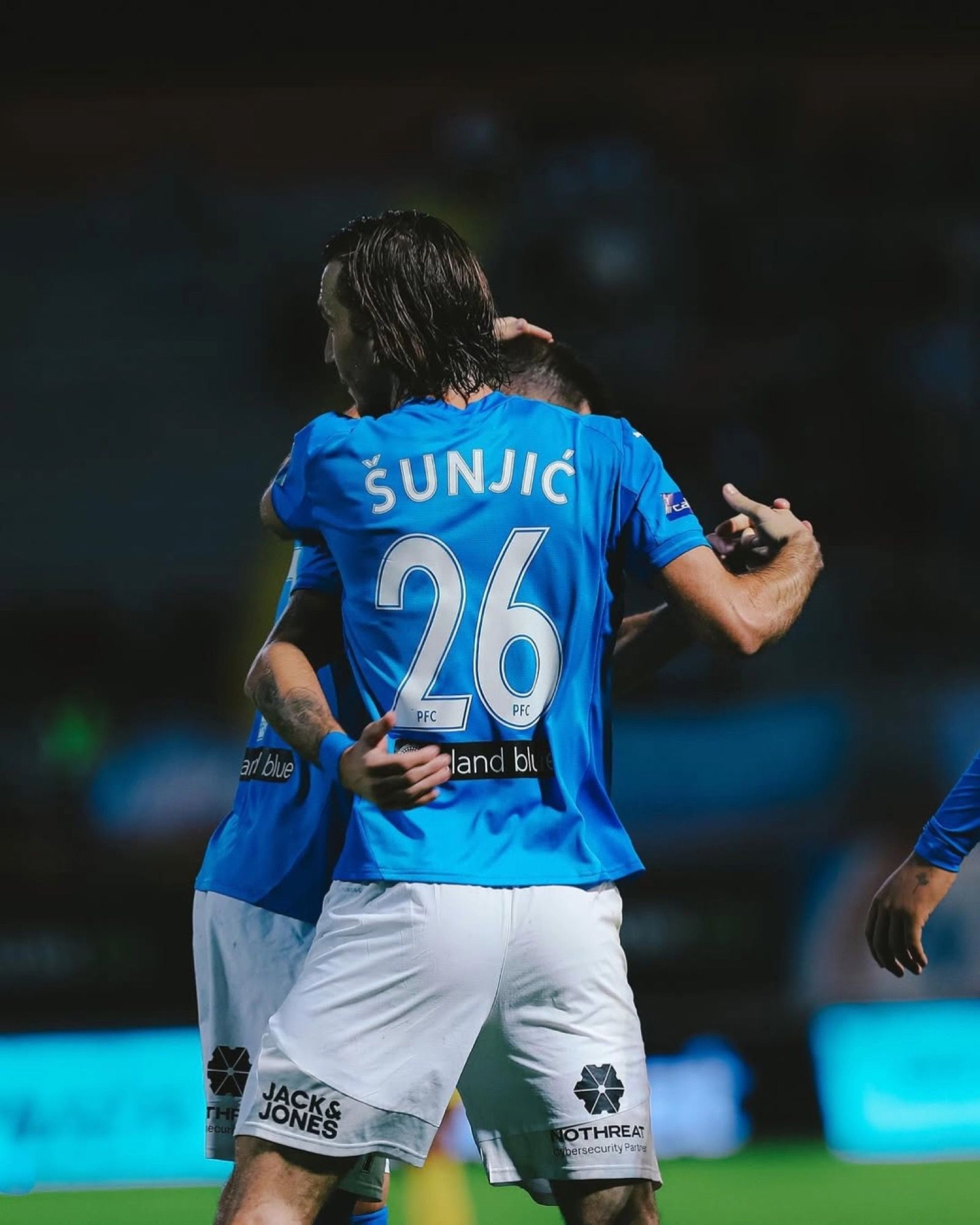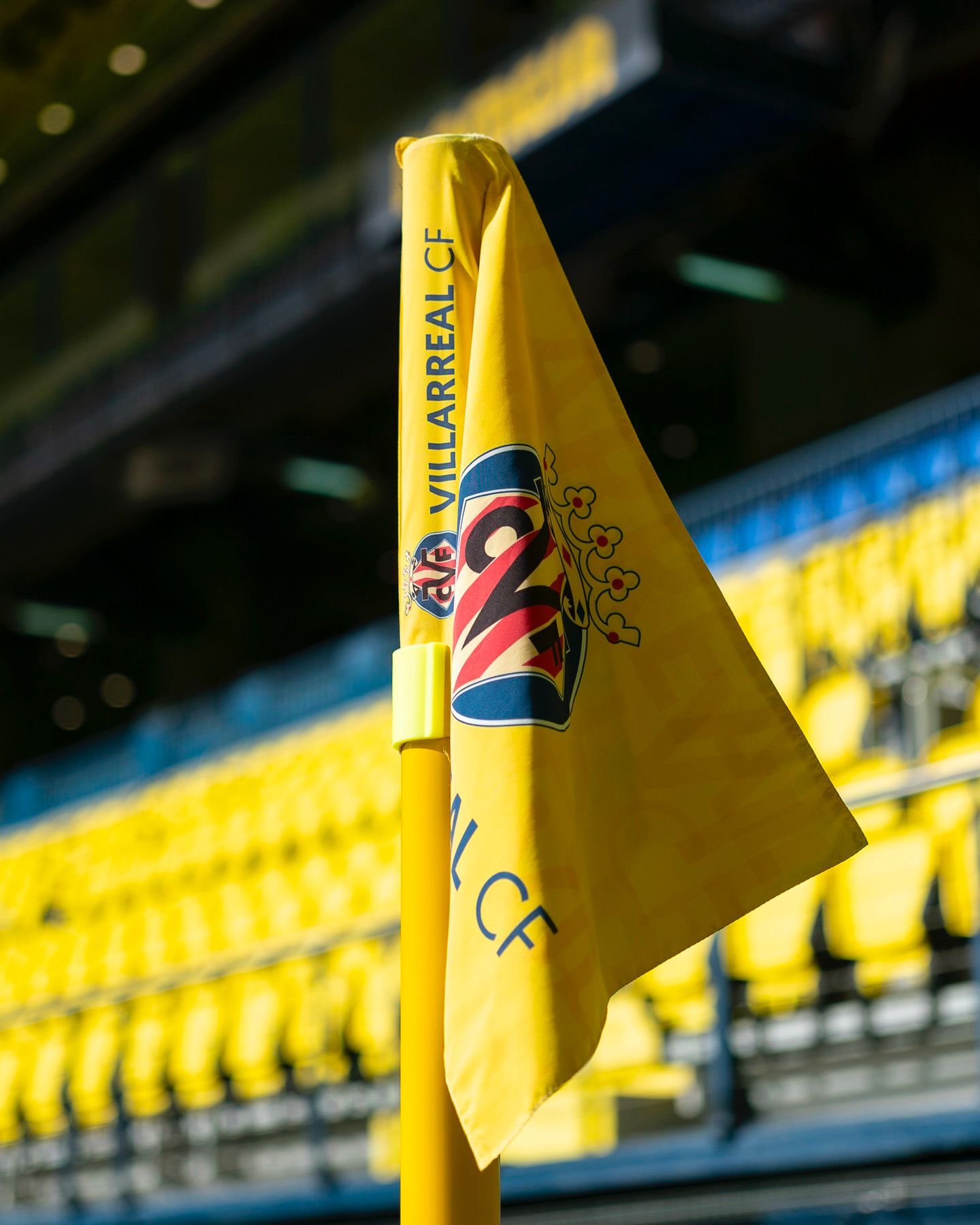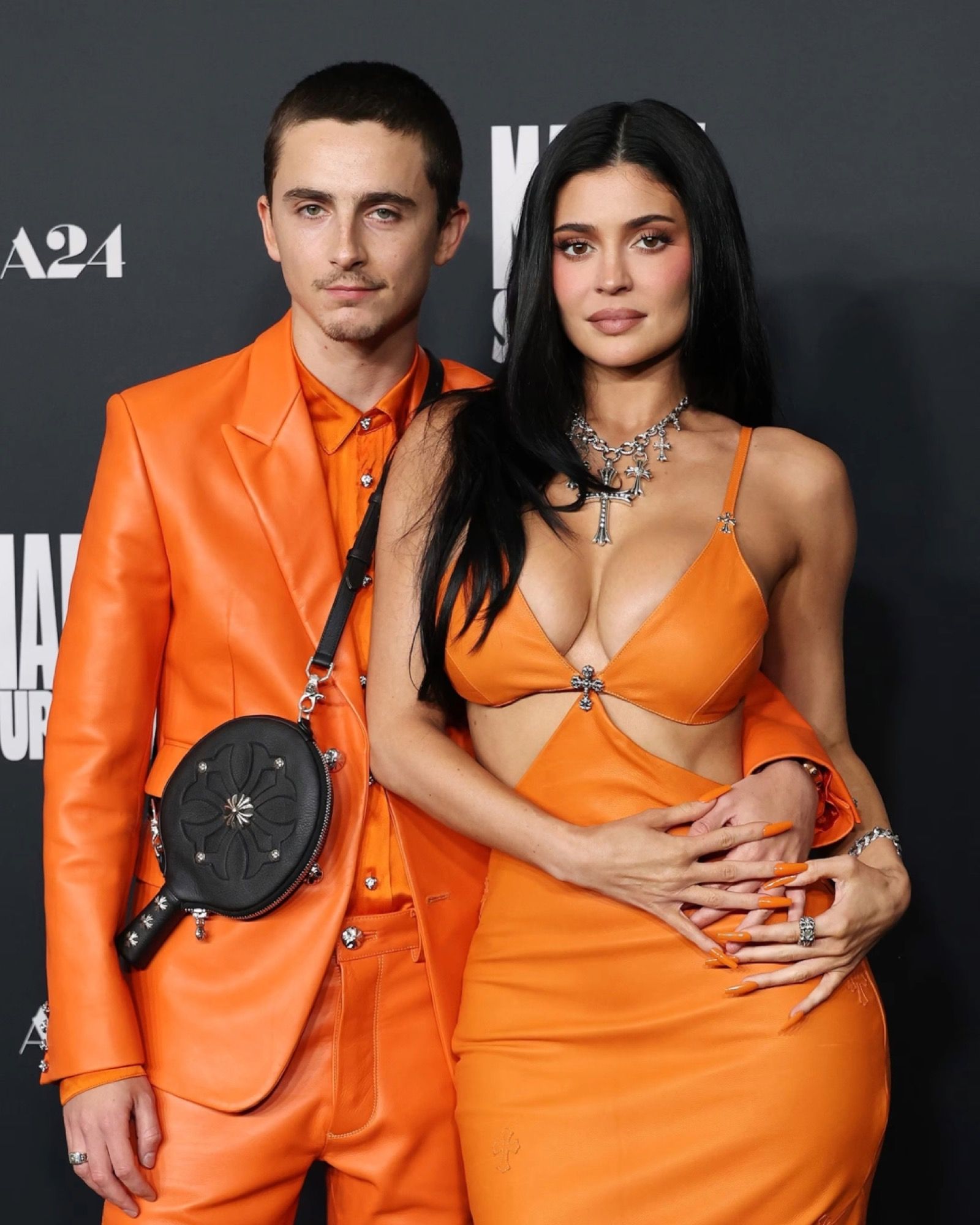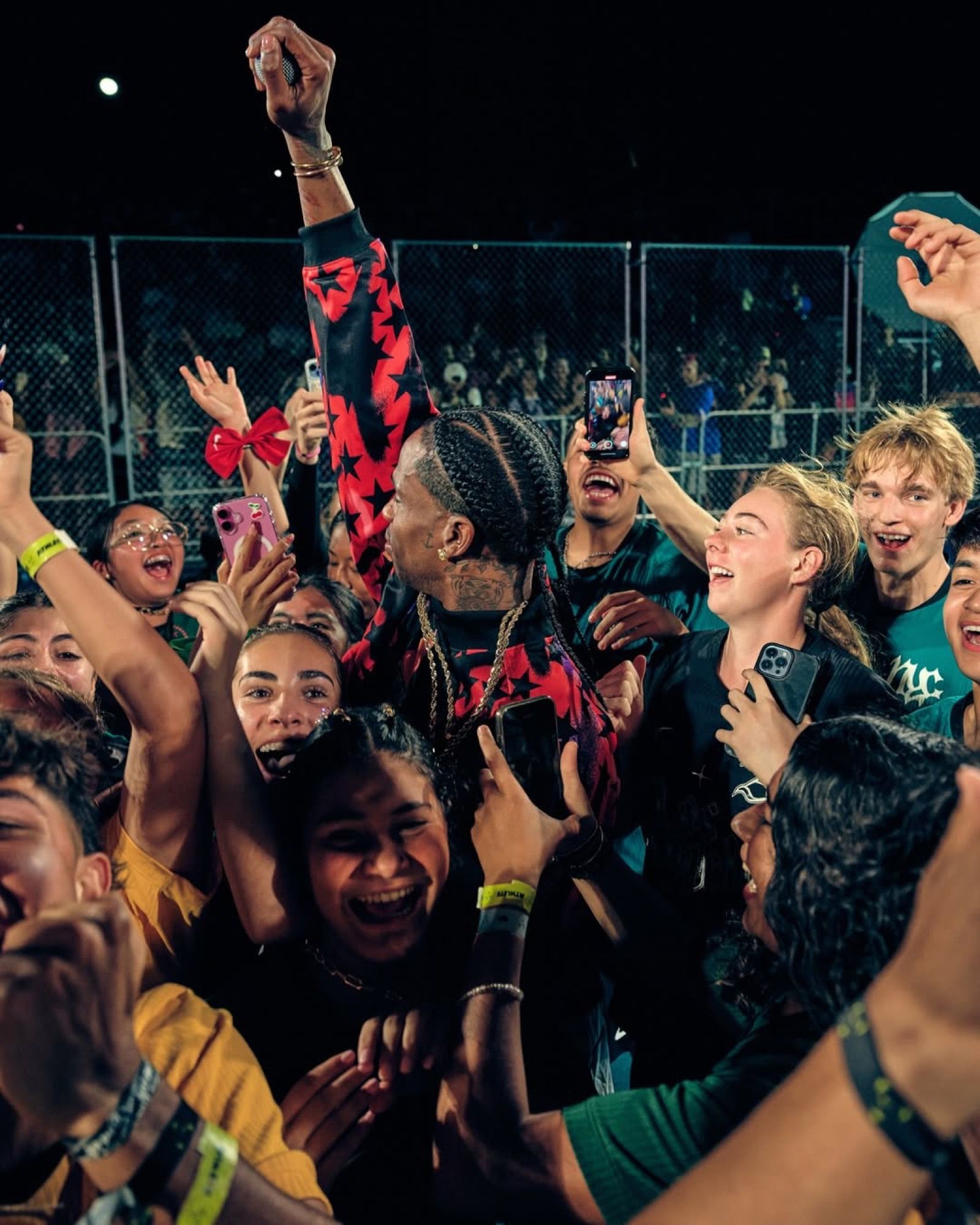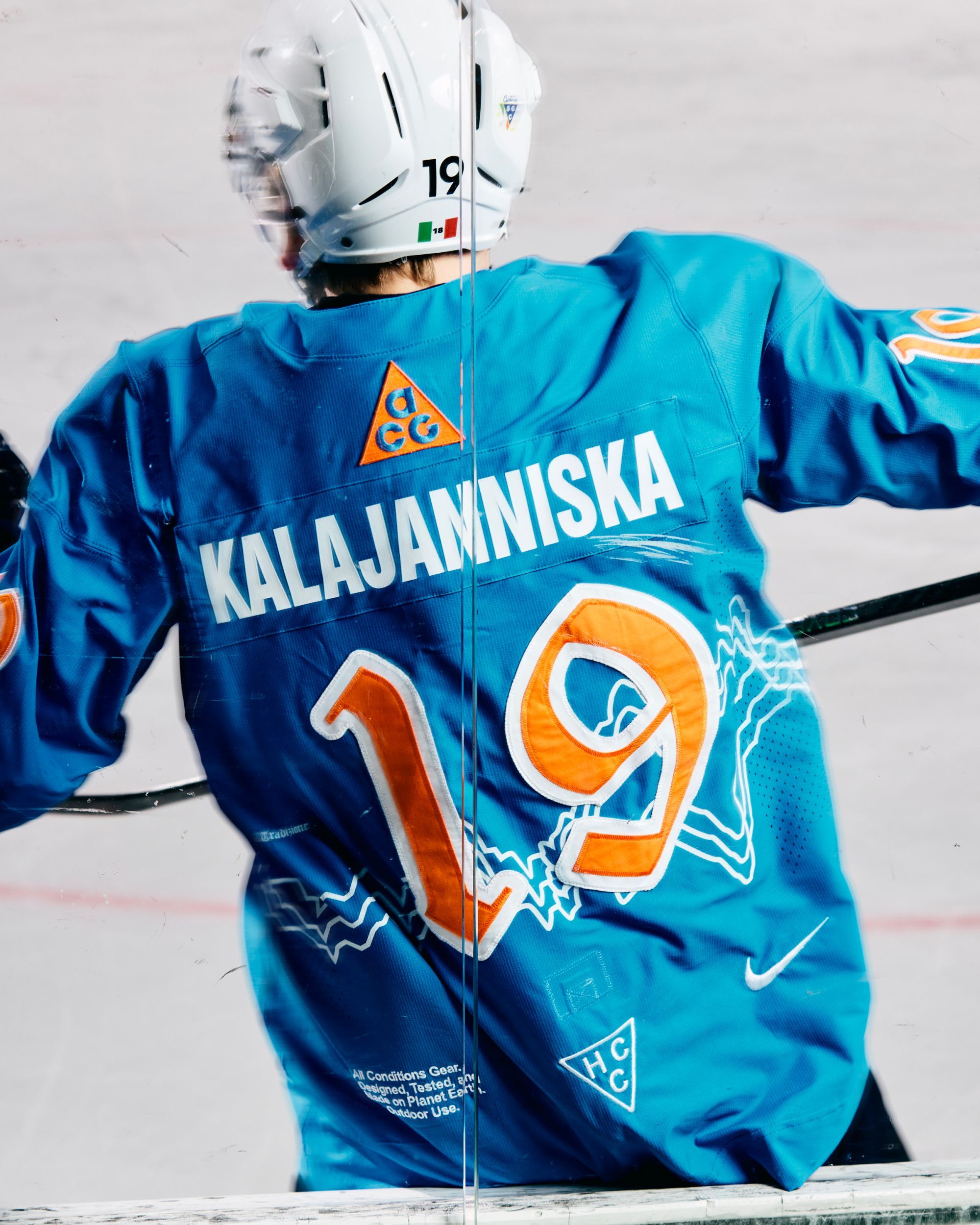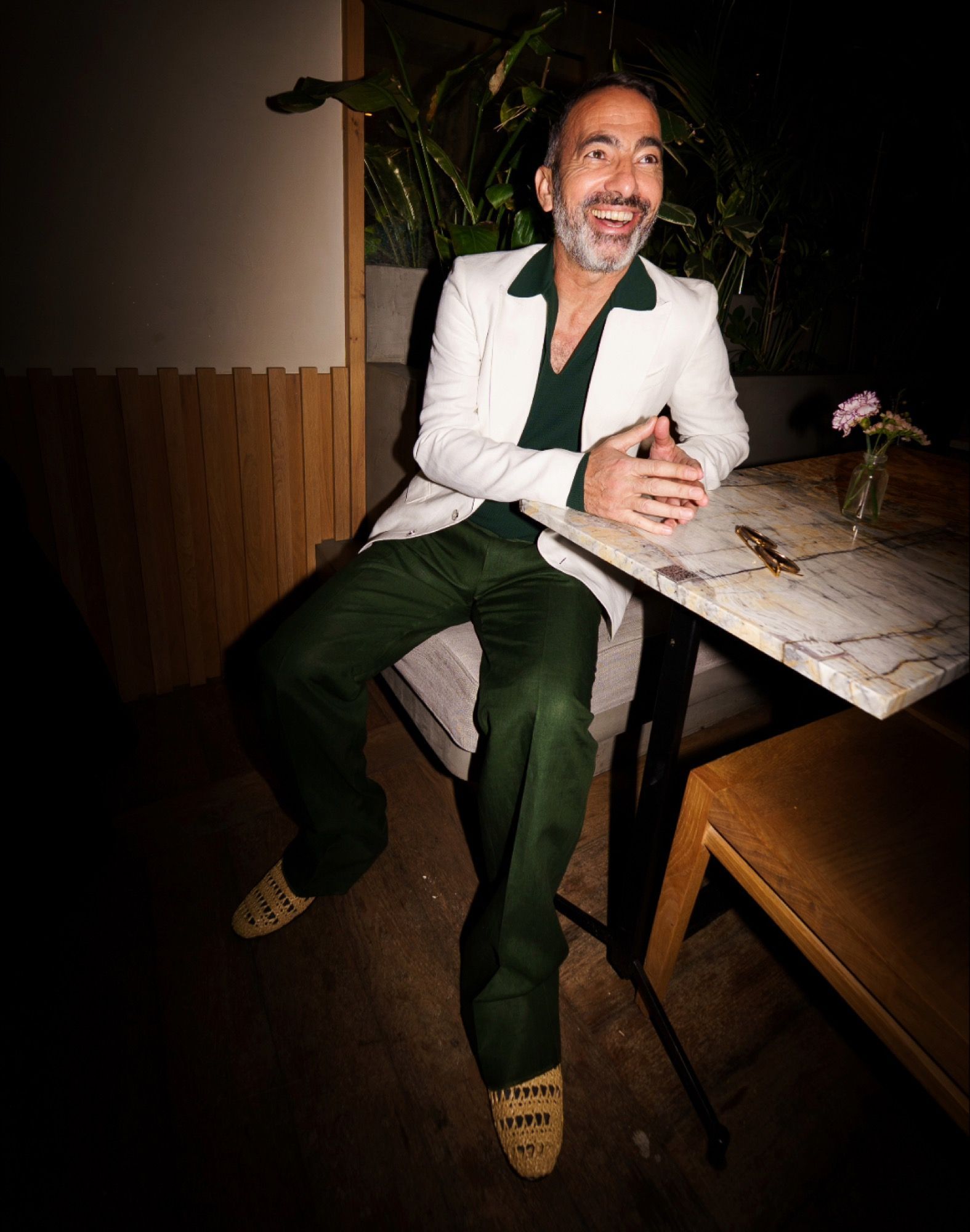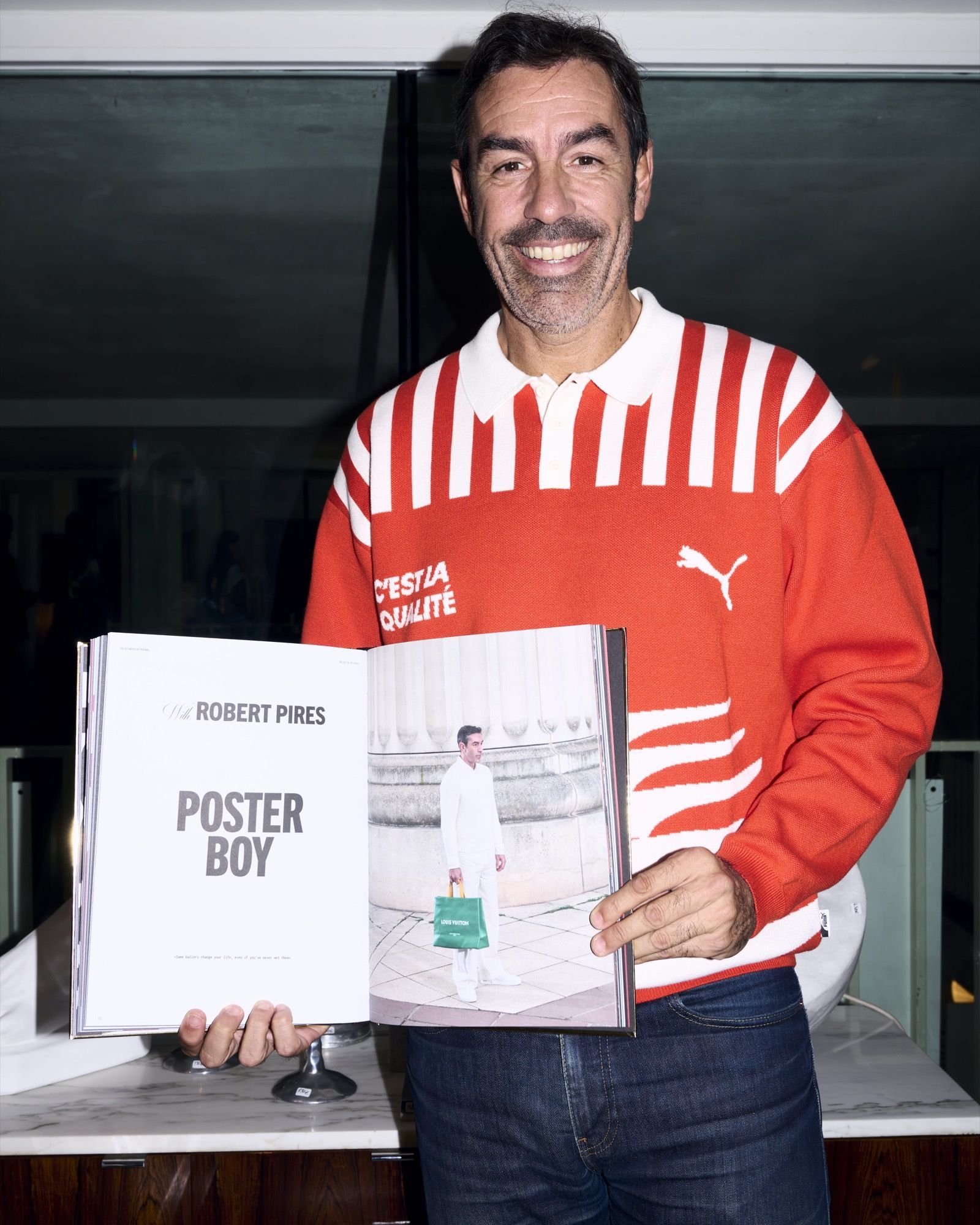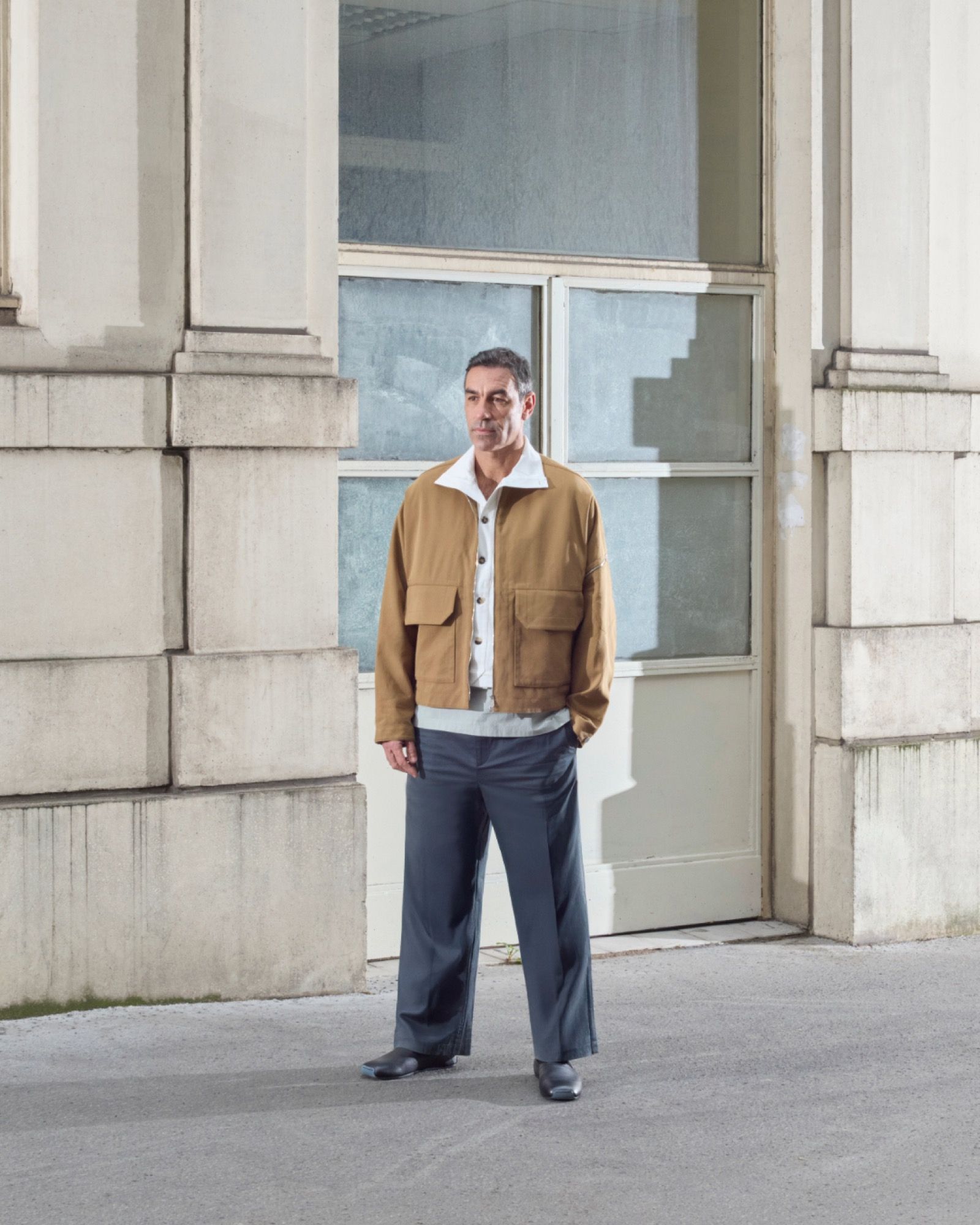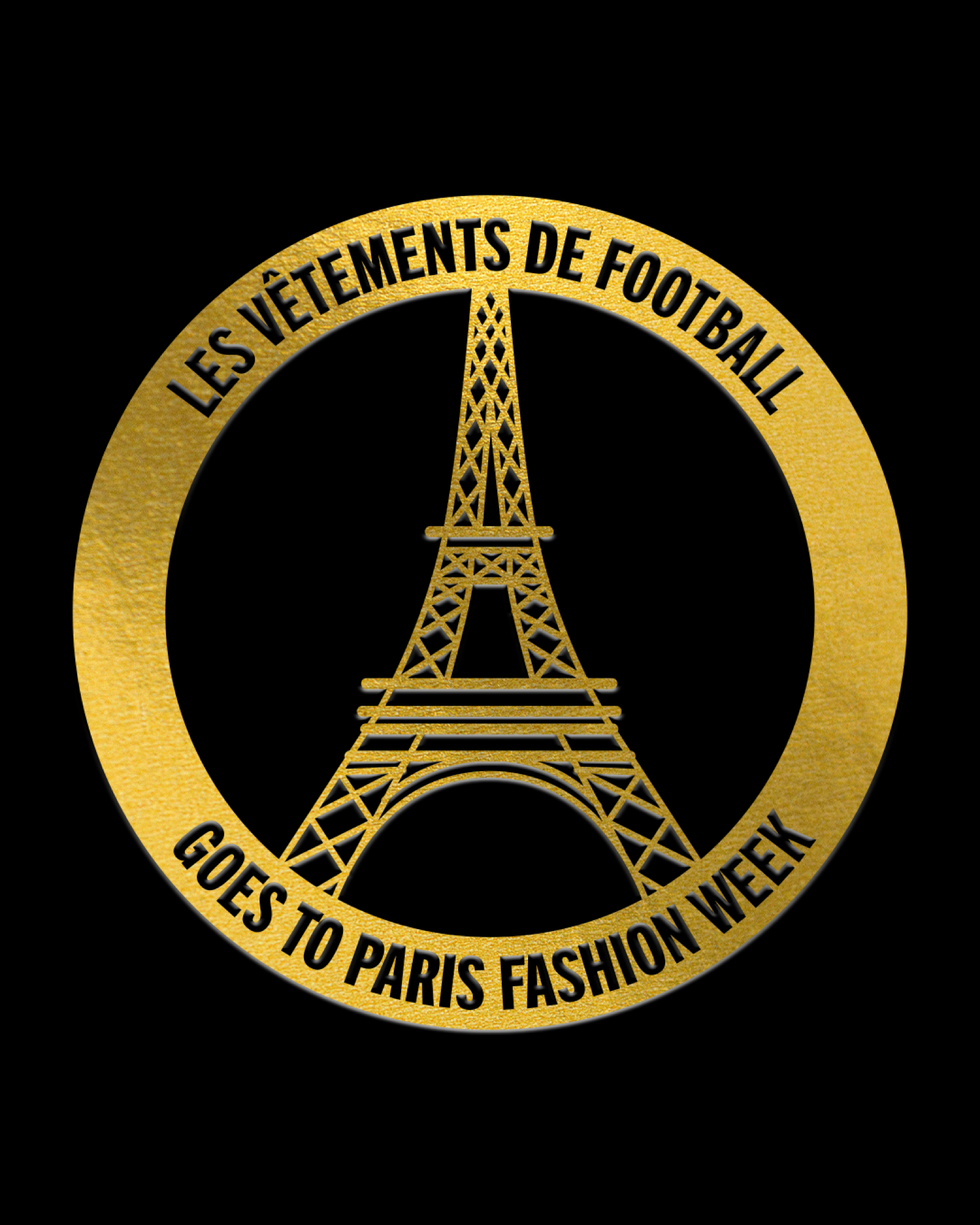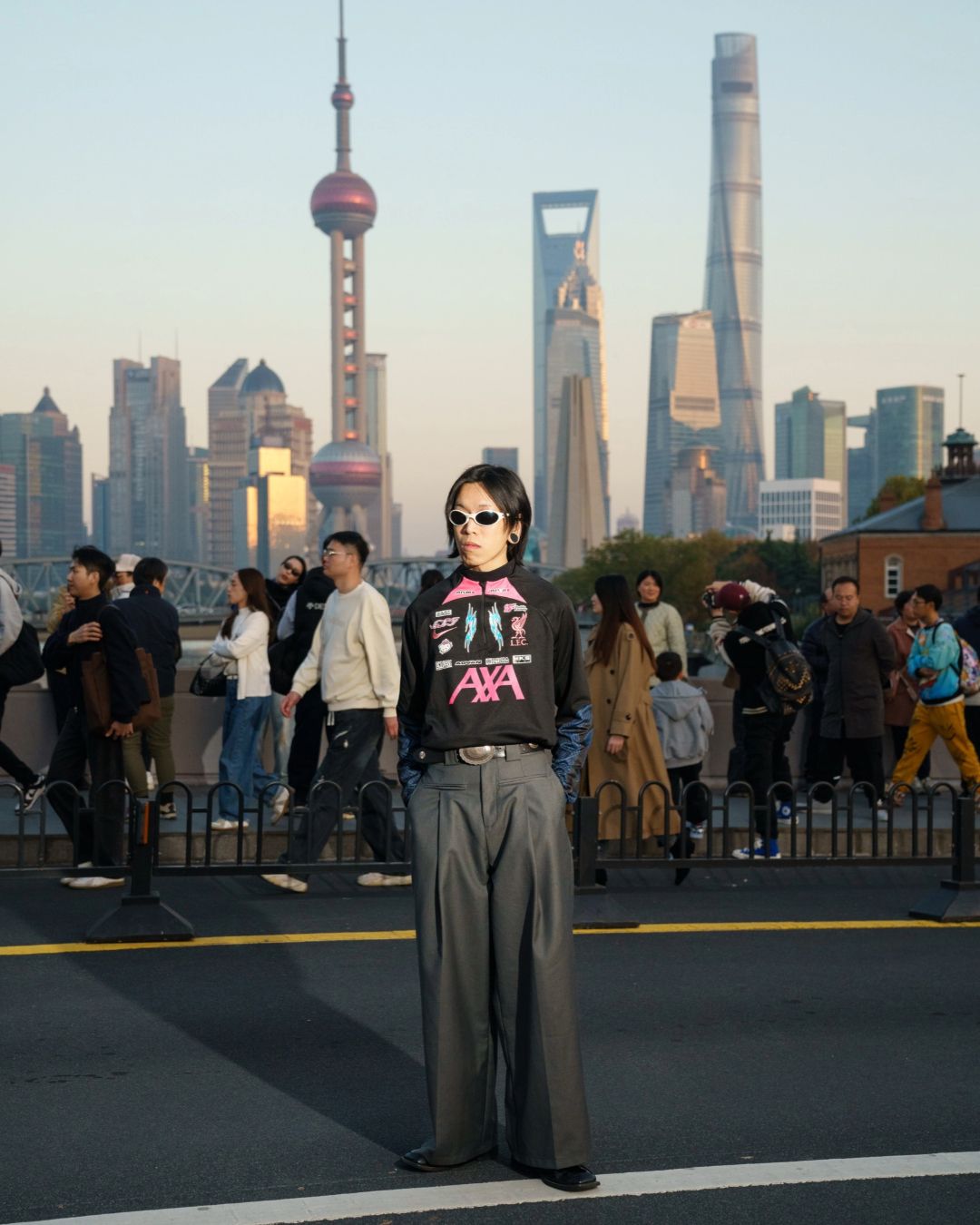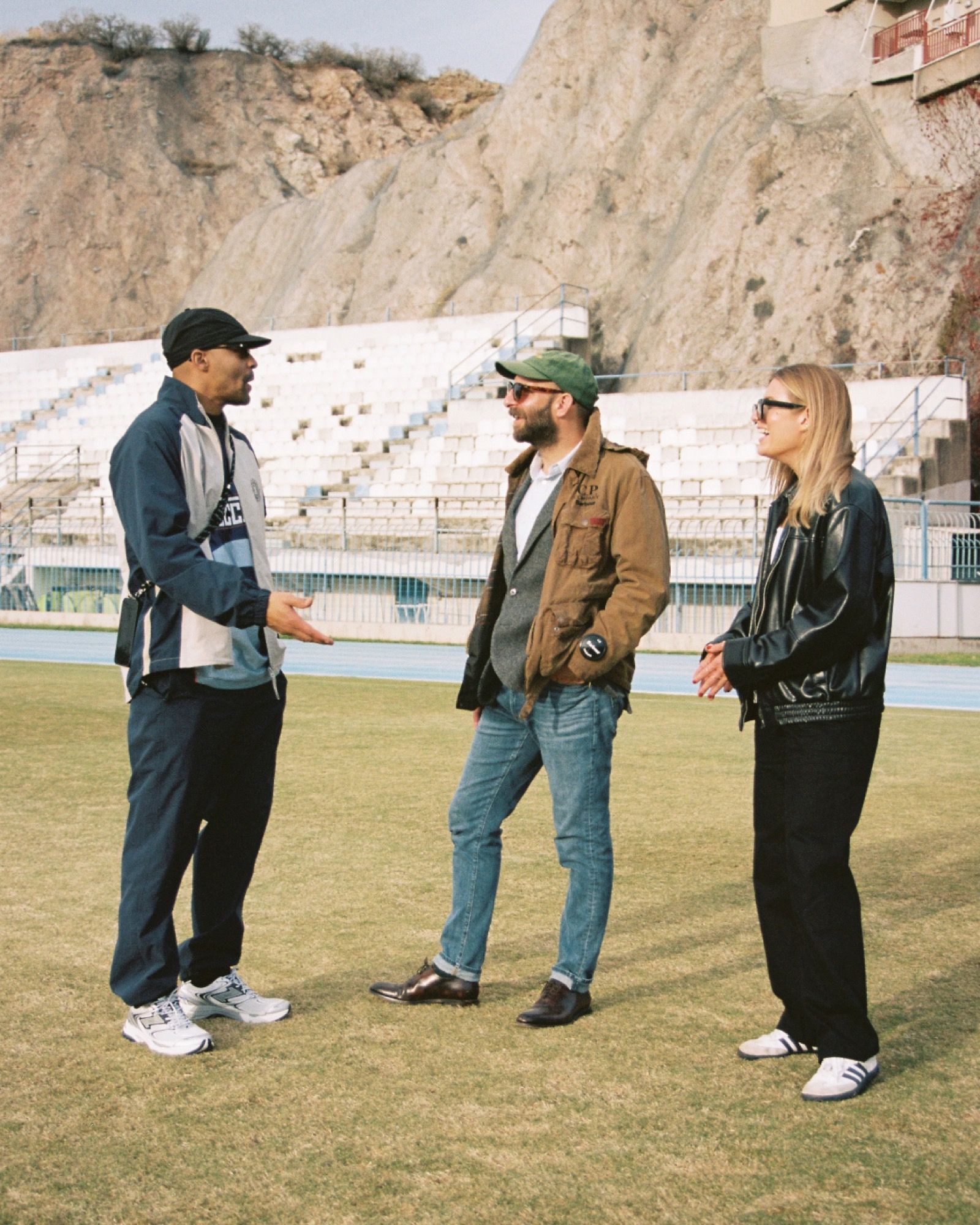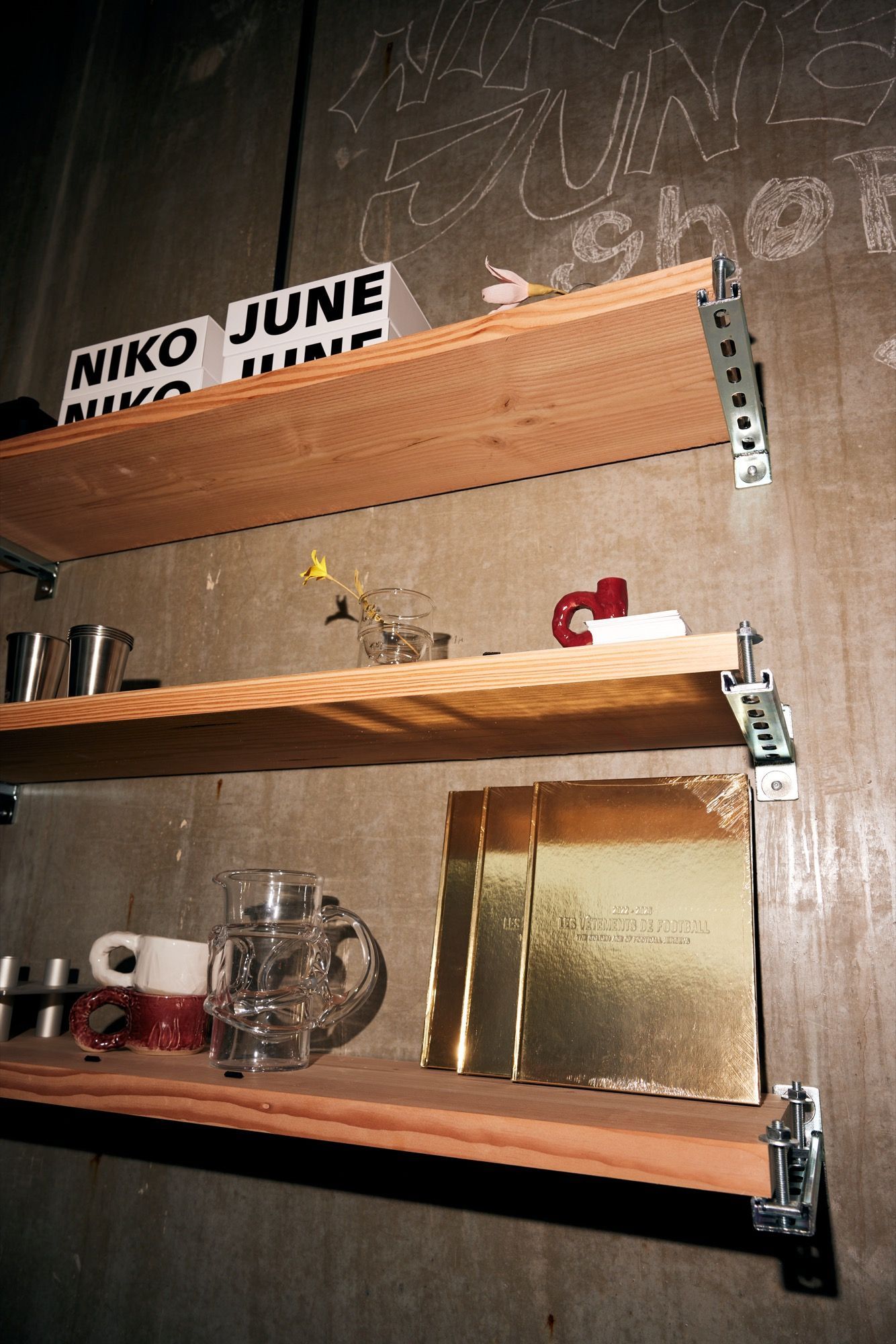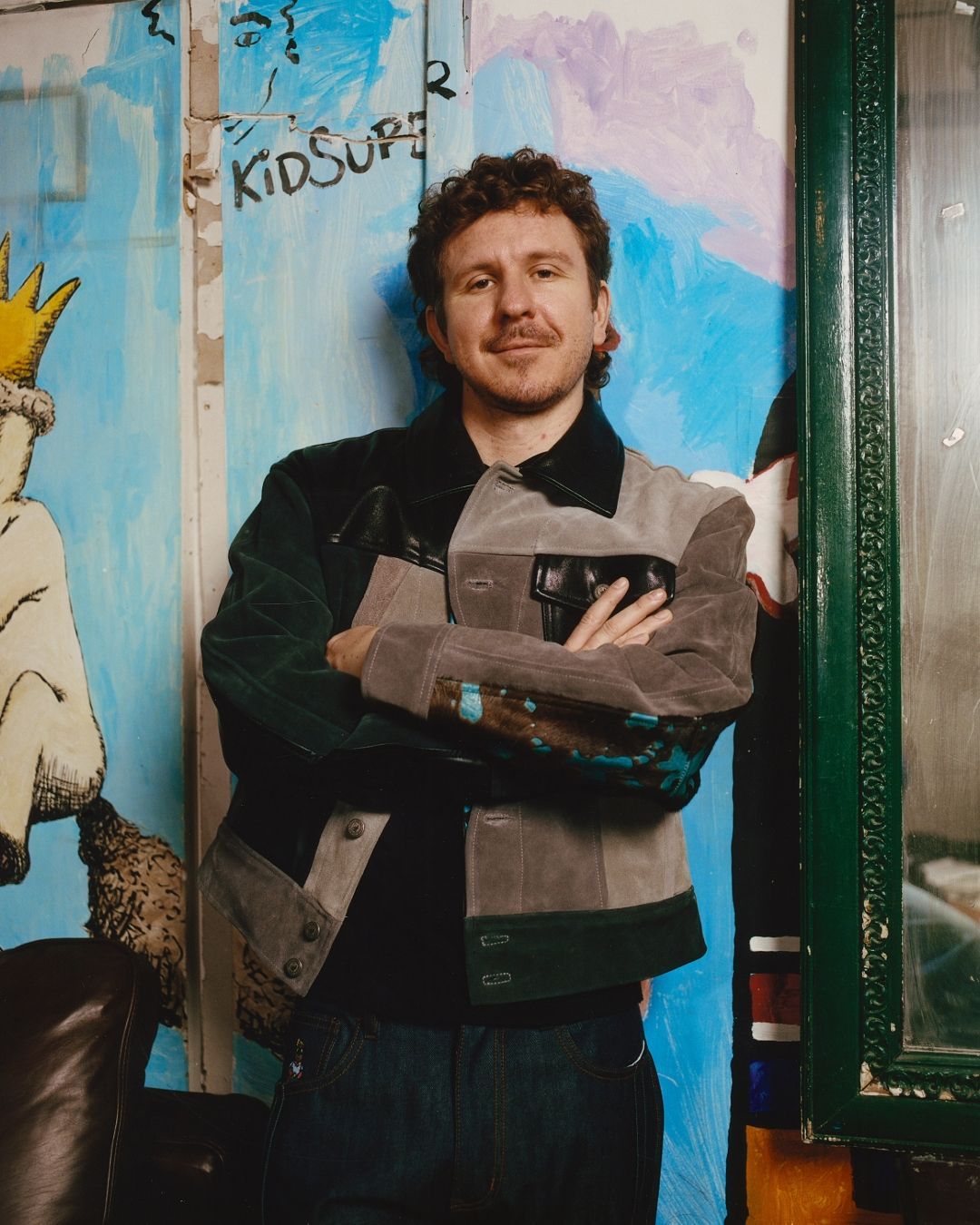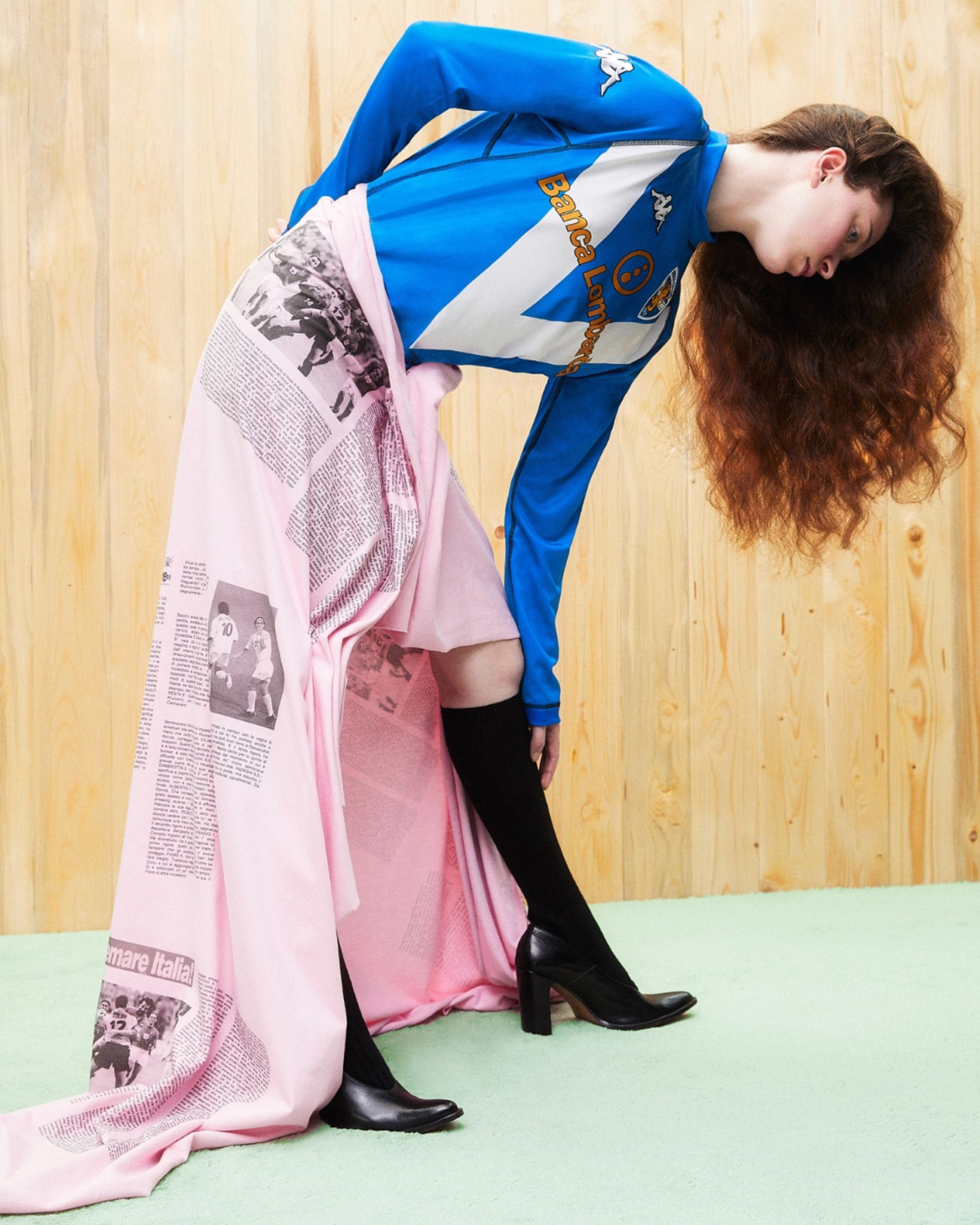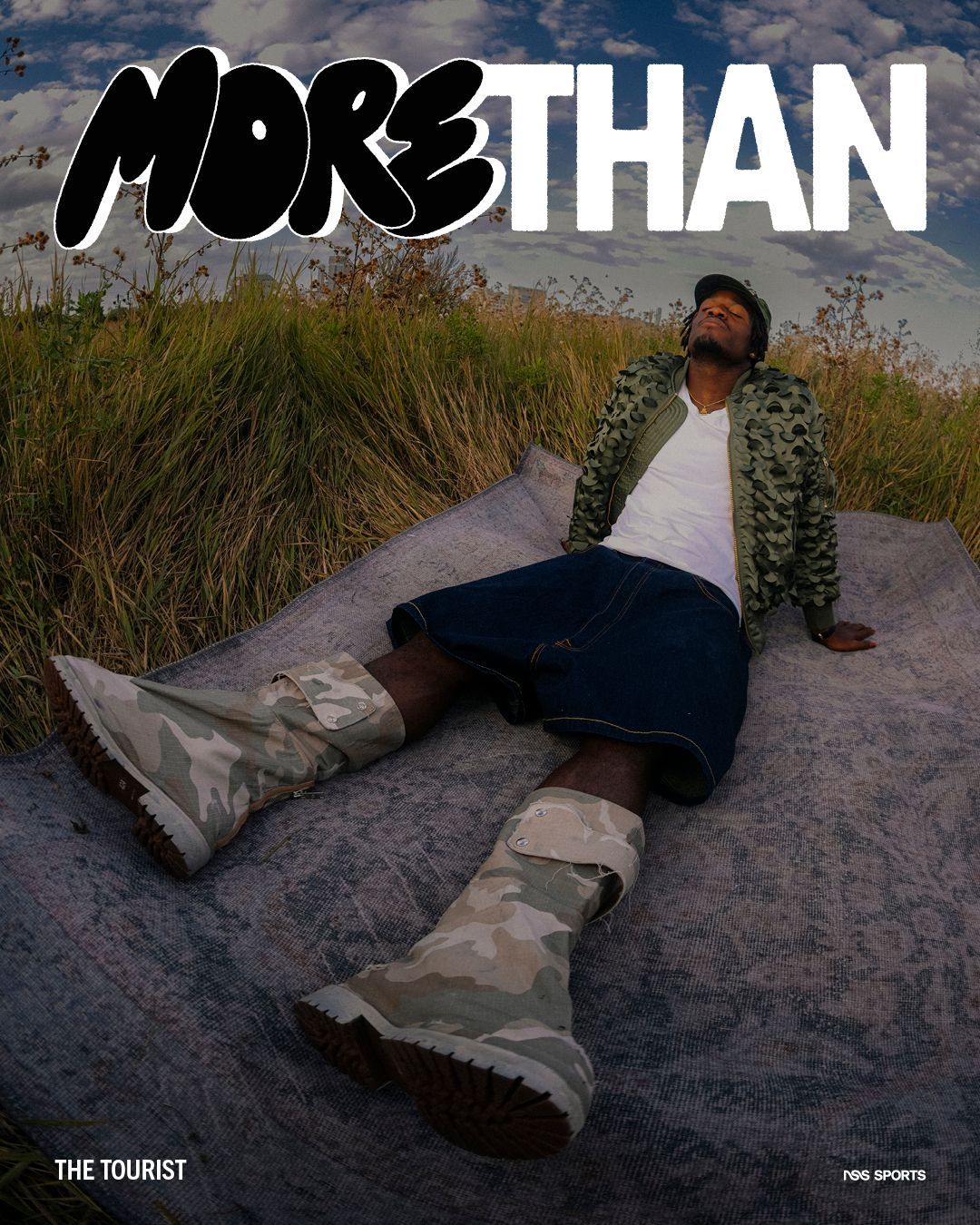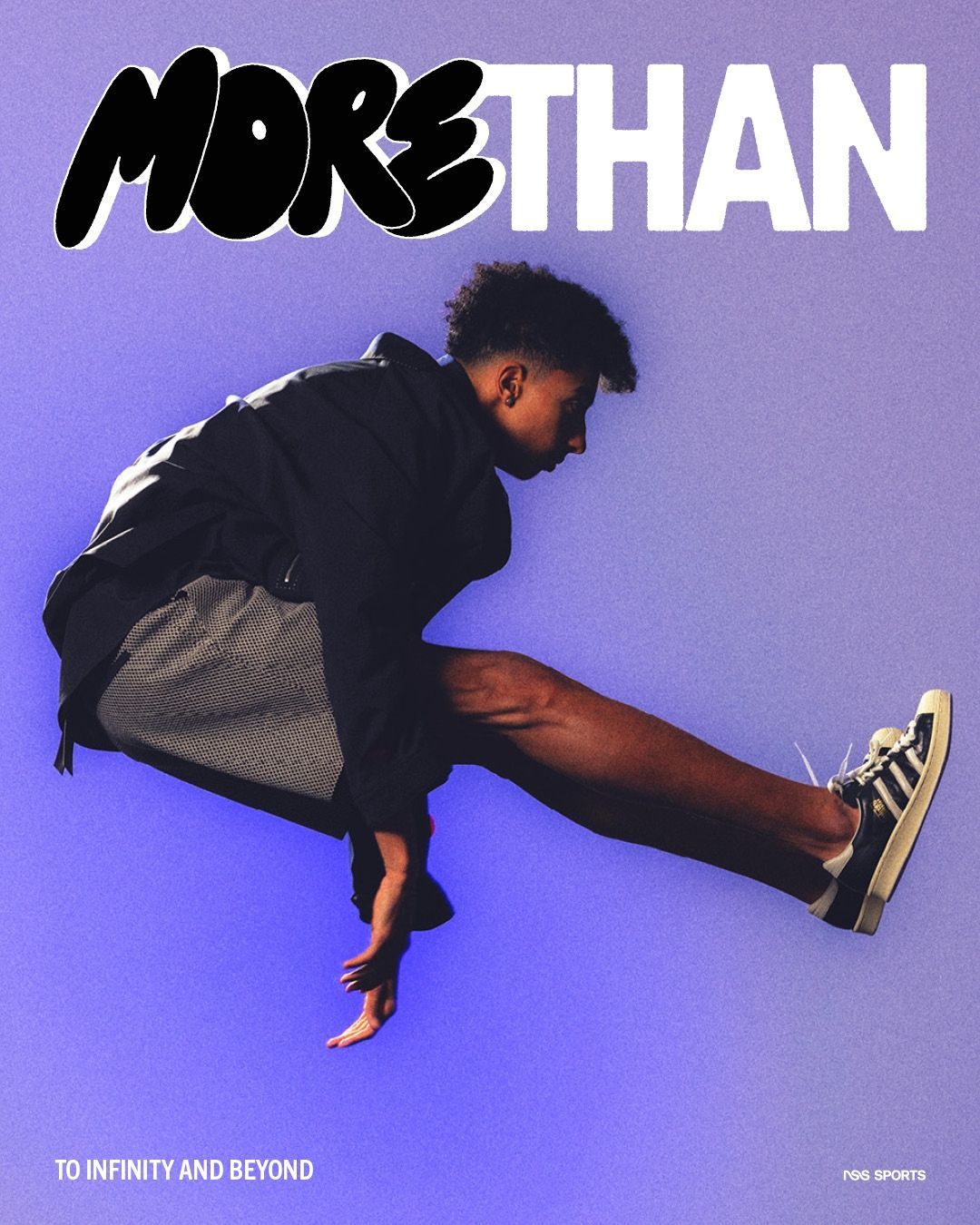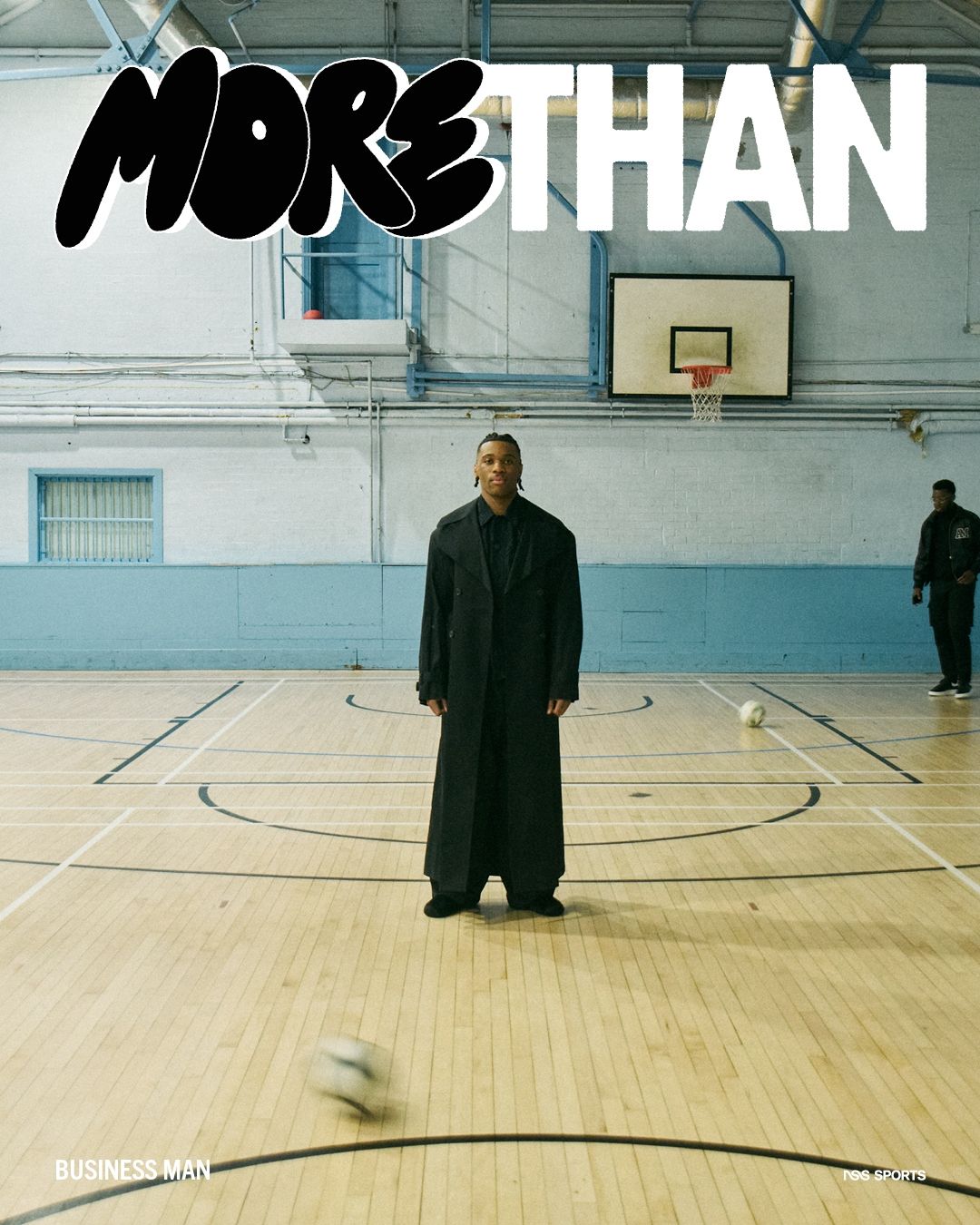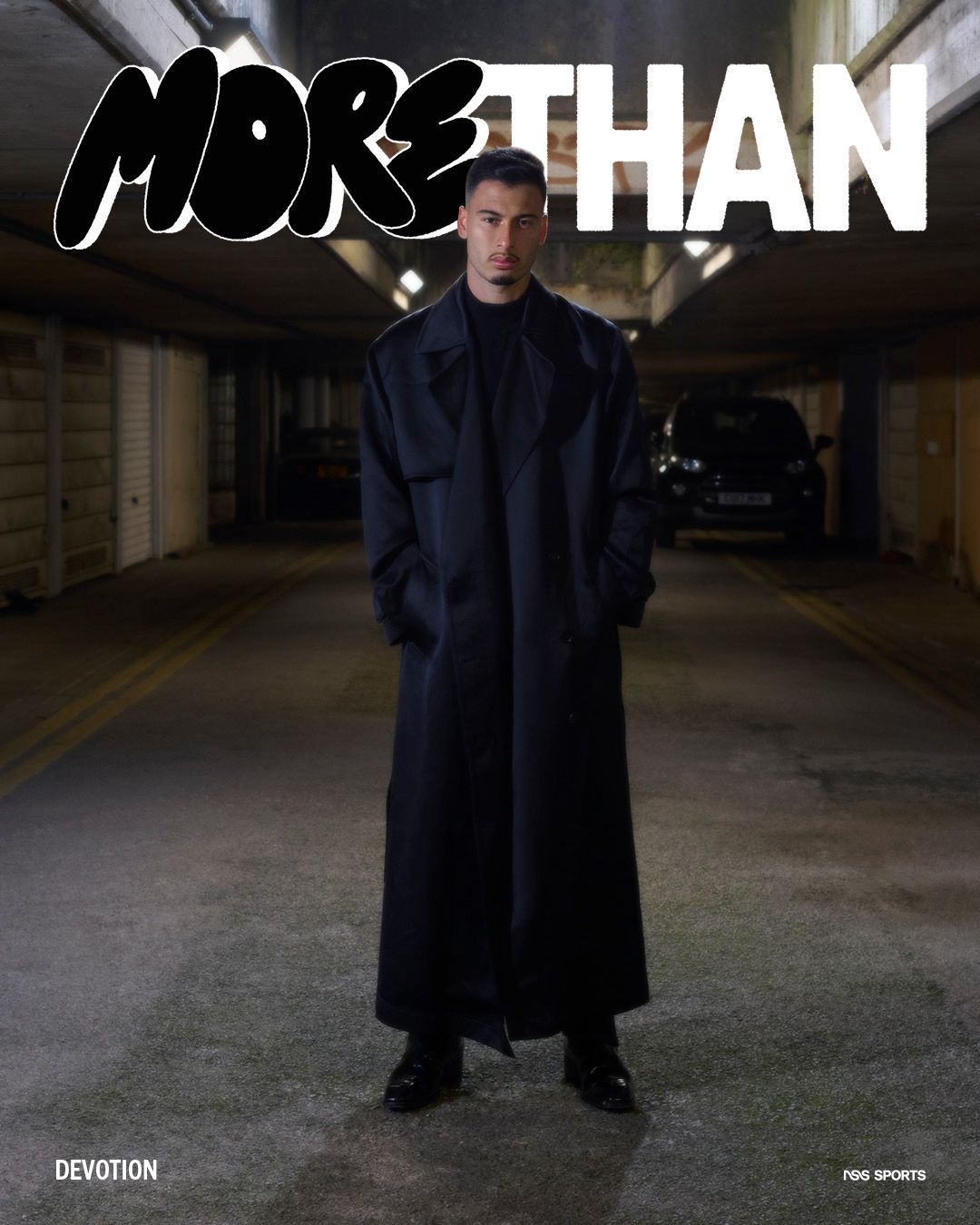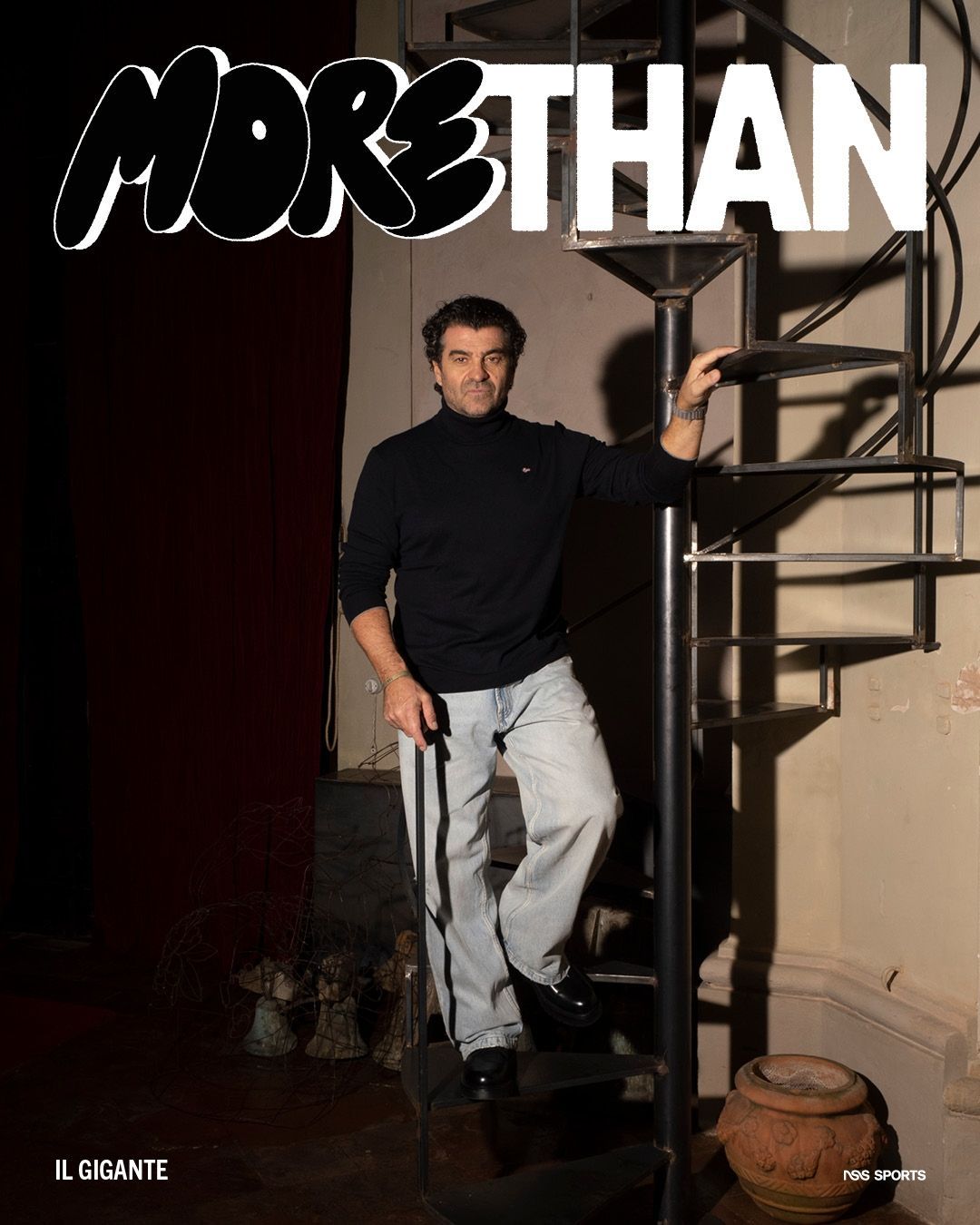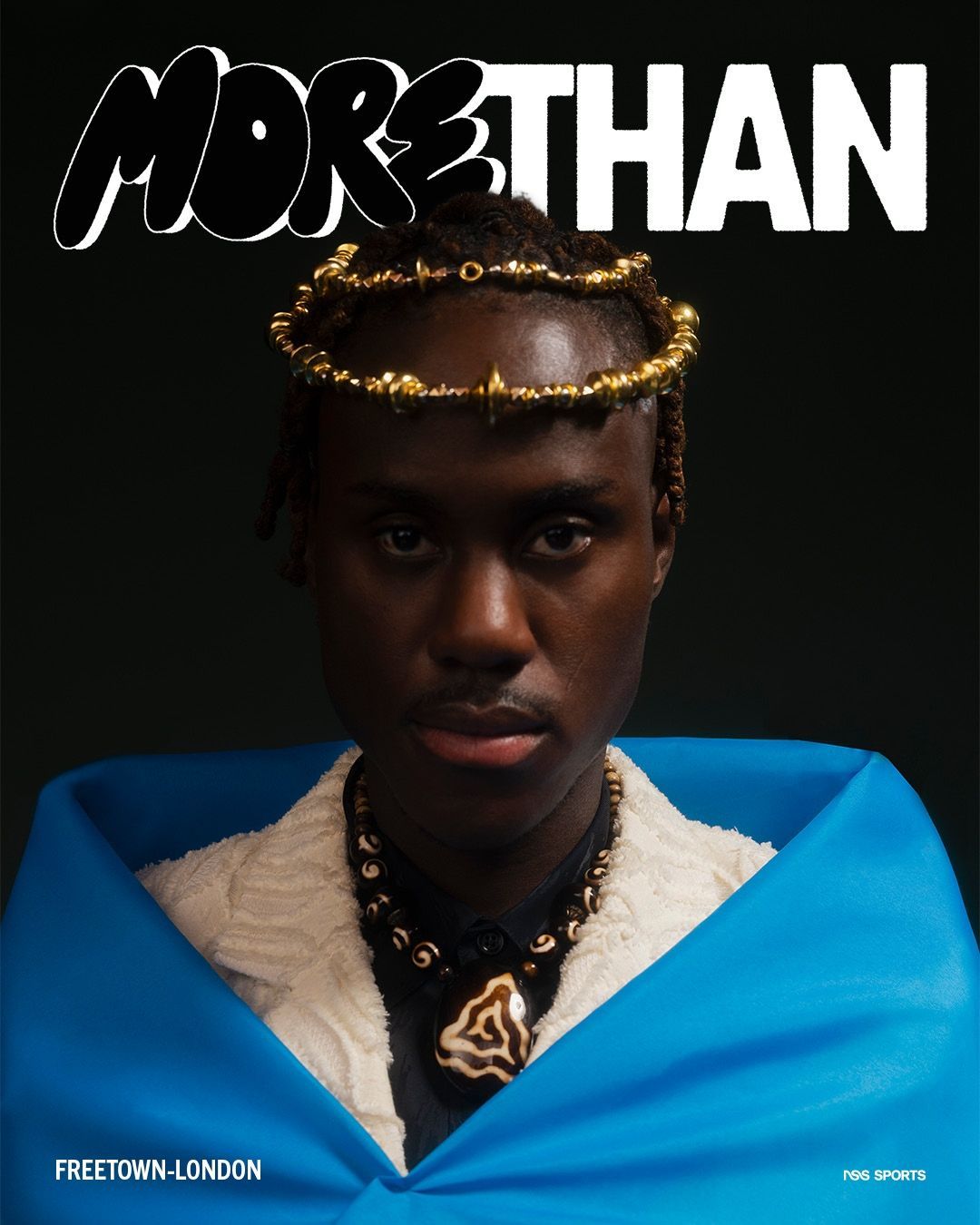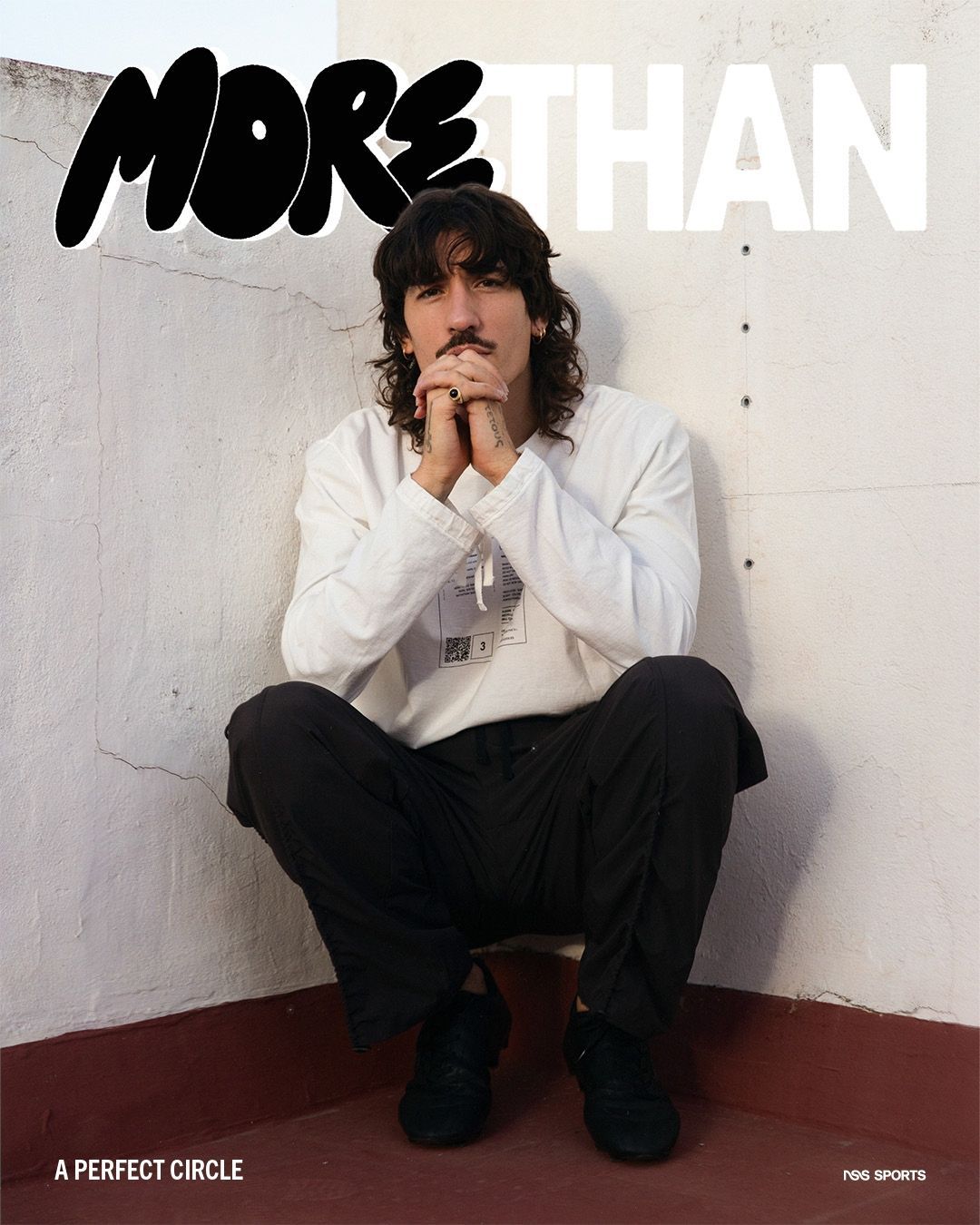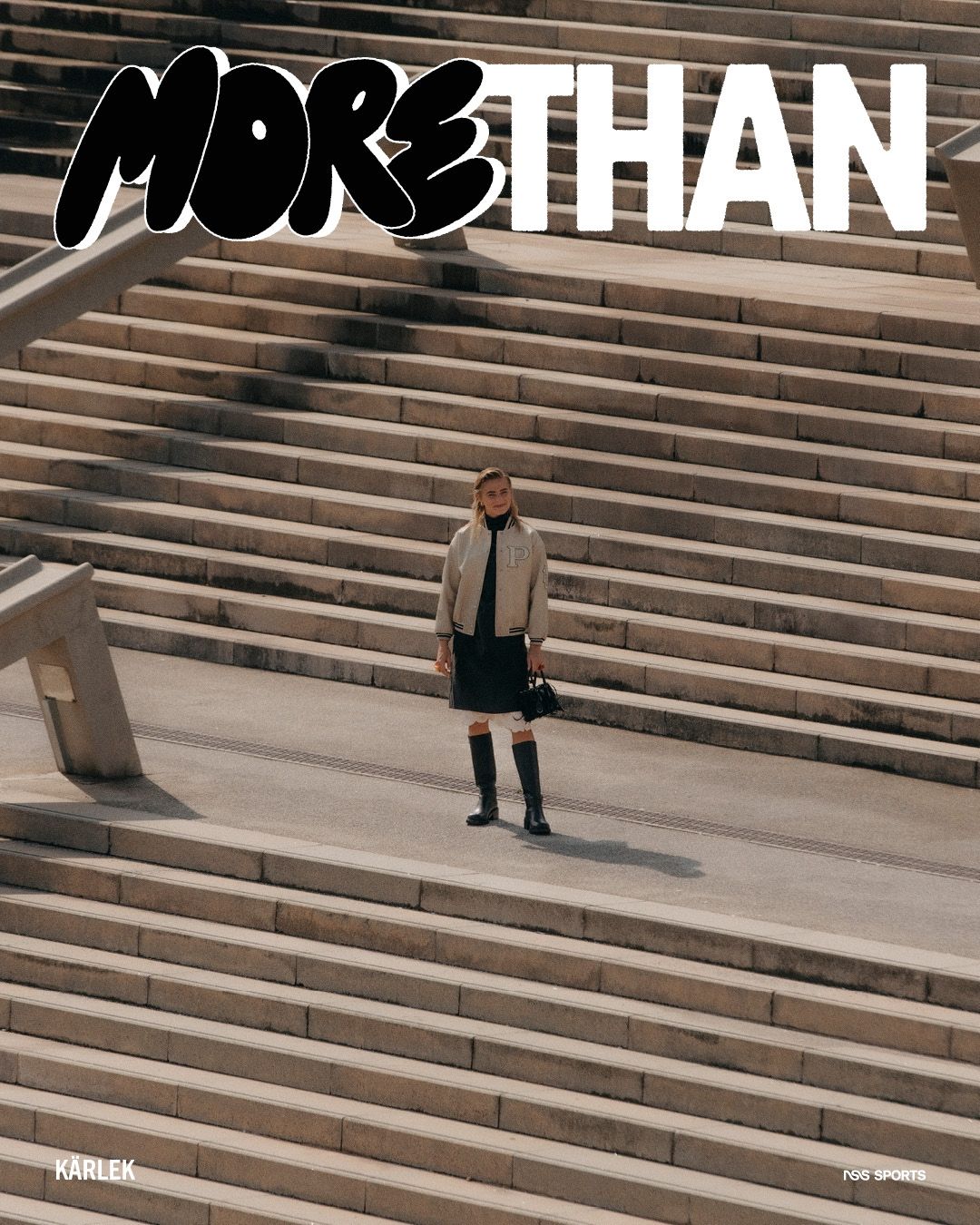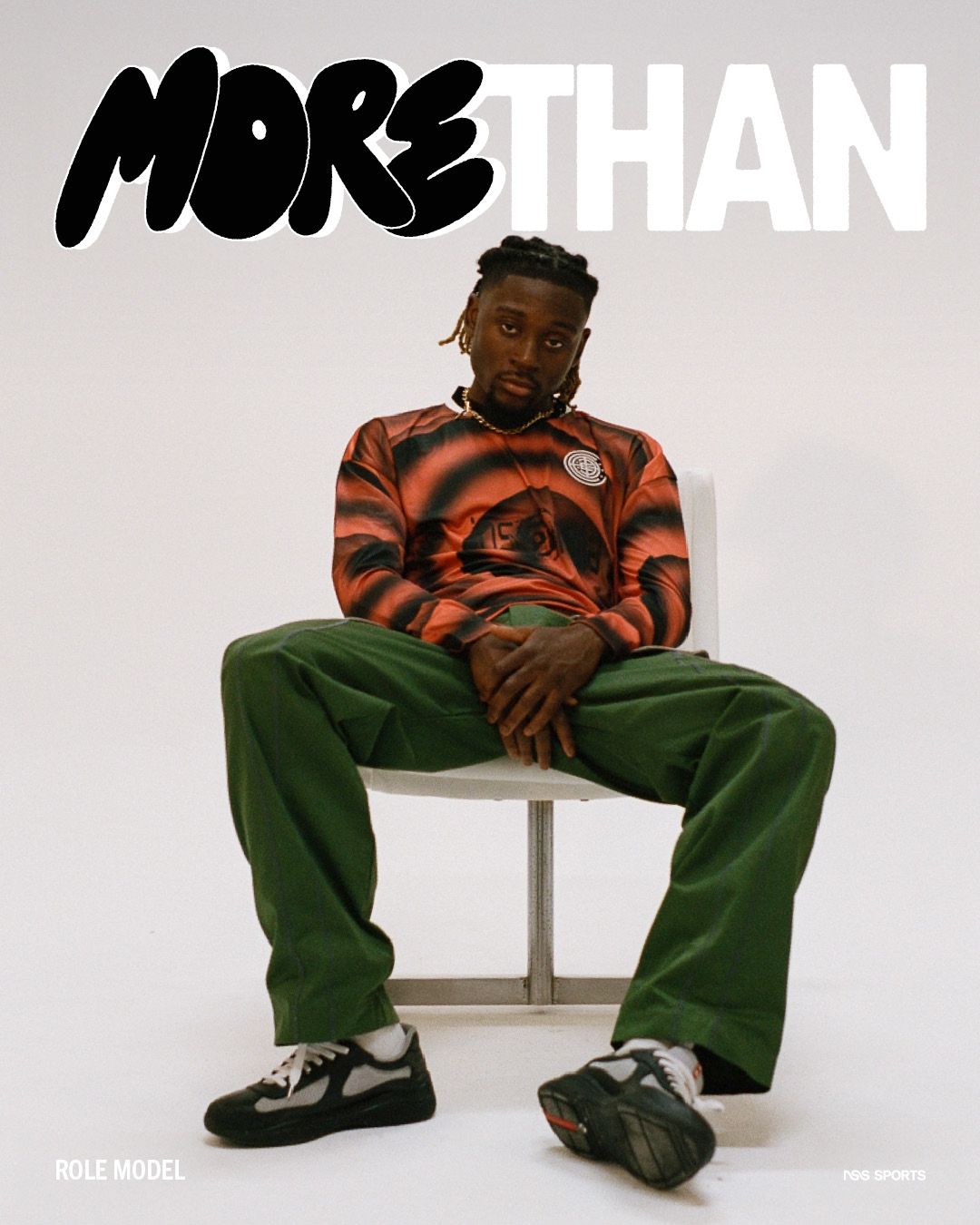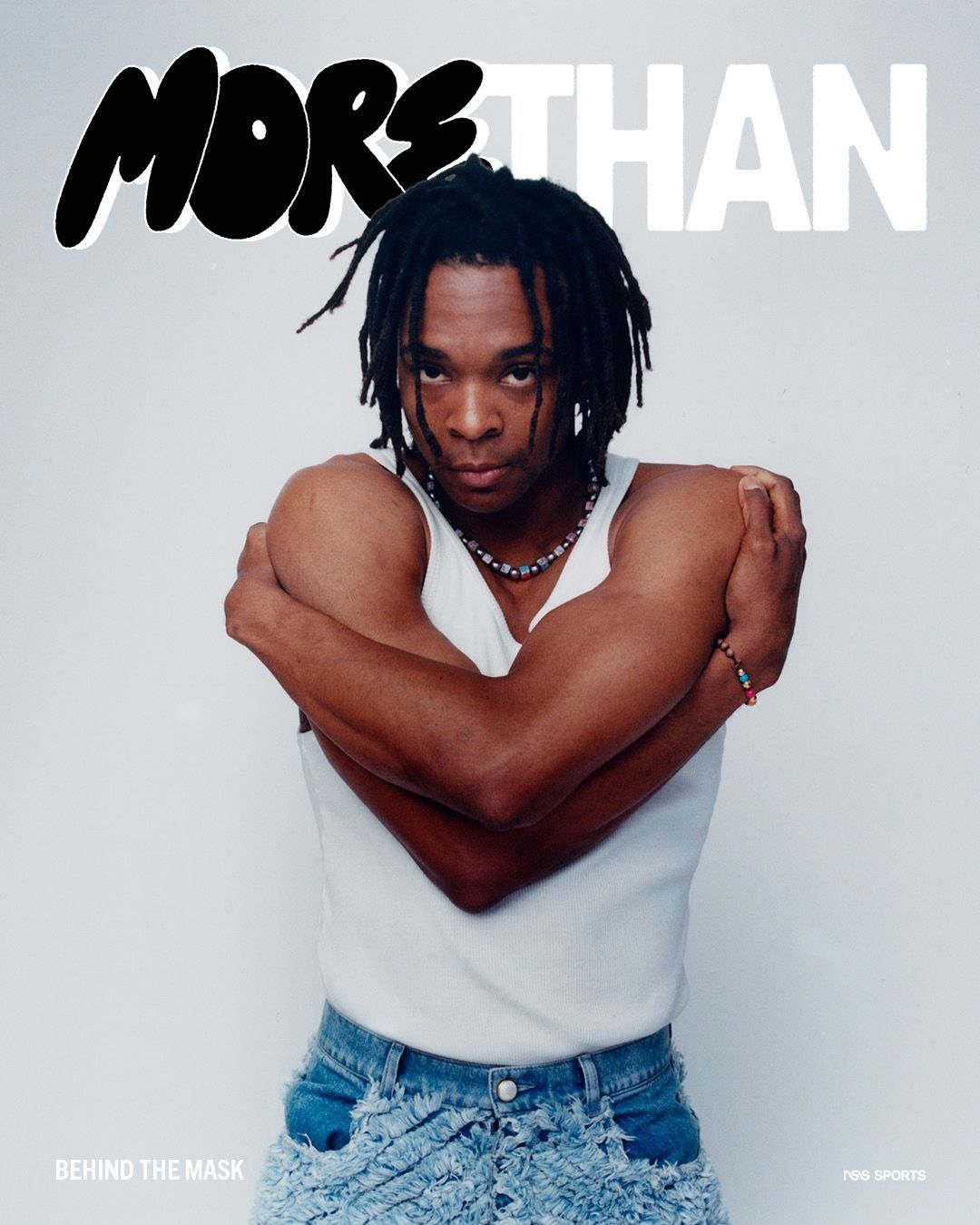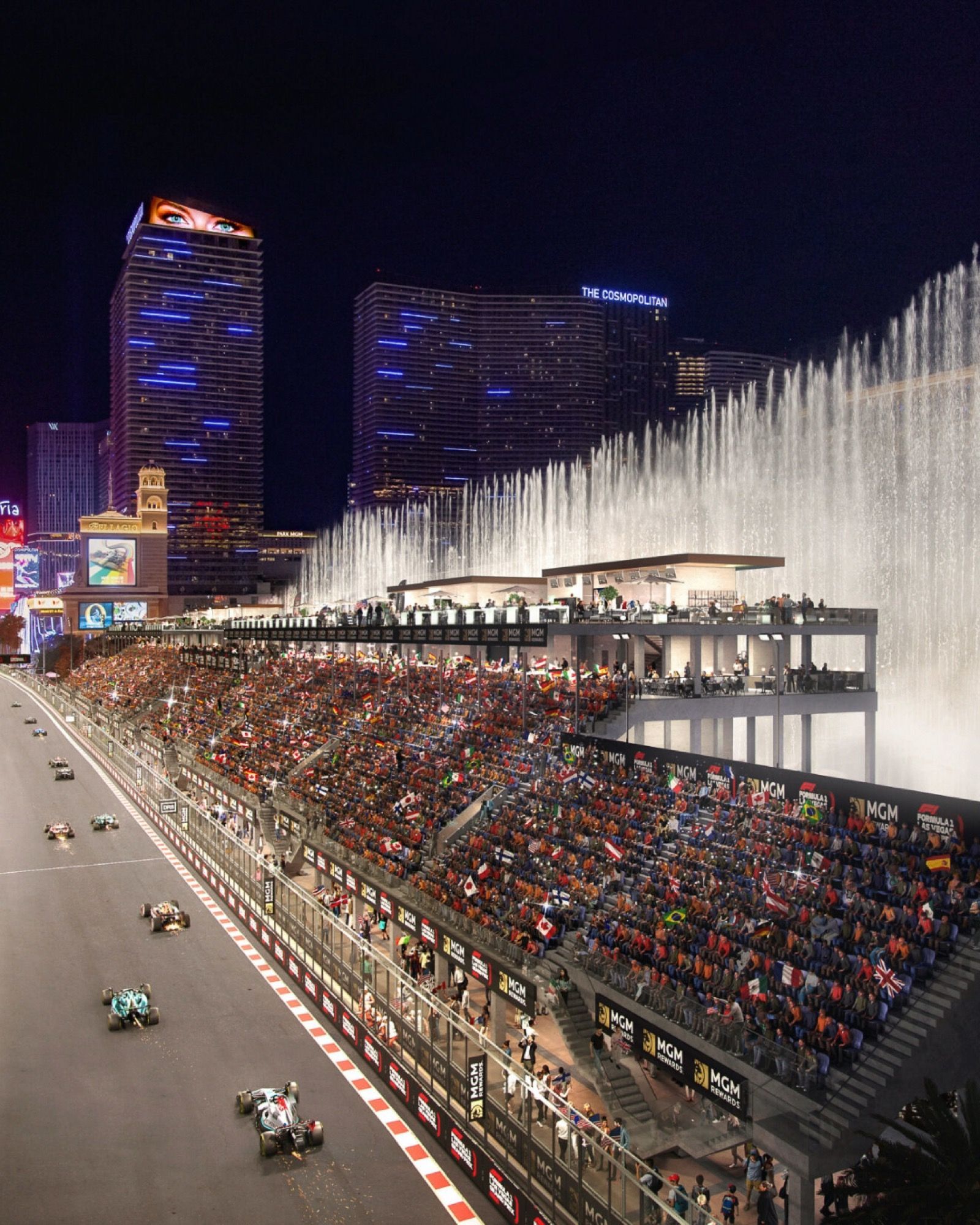
Fightworld, the best fighting tv series Fightworld returns the human factor to combat sports telling true, moving and full of pathos stories
Looking at a photo of Frank Grillo, I think everyone would assume he is in his early or mid forties. Instead, the actor is fifty-three years old: his youthful appearance is not comparable to that of his Hollywood colleagues, does not seem to be a product of makeup and different tweaks, but instead of sweating in the gym, a lot. Grillo, which is well known for his role of Crossbones in the Marvel universe, is a fanatic of combat sports, and a great admirer of the late Anthony Bourdain and his shows around the world to learn about culture through local food.
By combining these due passions, the actor submitted to Netflix the idea of a show on the lines of those of Bourdain: travel the world to learn about the combat sport of the place and how it integrates into the society from which it originates. The series consists of five chapters, about forty minutes each and a suggestive title, with a cinematographic style, as are the cutting and the style of filming. Chapters, not episodes, because everyone takes place in a different country: Mexico, Thailand, Burma, Senegal and, finally, Israel.
In the last years, the media attention reserved for combat sports has touched peaks with few precedents. It was almost monopolized by the MMA, in particular by the UFC and the personal epic of Conan McGregor, a true world superstar.
The sparkling arenas crowded with the public, the millions involved, the aggressive narrative, an excessive stretches of standing, have made discover a lot of the world of mixed martial arts, but more in general of contact sports, even more "Exotics", beyond the never out of fashion boxing. Perhaps what happened in these words, geographically but even more socially, beyond then the true rhetoric or construction of the fighter who starts from nothing at the top of the world: the real relationship of these disciplines with the land they come from and the people that dedicate to them entirely.
"This is not a show about fighting, this is a show about the people who fight".
E01 - Pistol and corazón
The first stop is in Mexico. Here, we move between one of the neighborhood with the baddest reputation but with the best gyms, that produced champions like Julio Chesar Chavez, and male and female prisons in which boxe is an instrument of control of anger and emancipation from addiction, of hope for a better future. It is perhaps an ideal start for a series whose purpose is to narrate this world: we start from boxing, among the most followed sports in history, the "noble art". The Mexican boxe hides within itself a message in addition to those of which this discipline is already par excellence. This is what the episode is about, the fact that Mexican boxers, of all categories, sex, age and weight, have one thing in common: never go back. Mexican boxing is practiced only in advancement, risking everything, accepting to take shots to be able to return double, triple.
E02 - The lucky son
For the second episode there will be a great geographical leap and we are catapulted to Thailand, where we follow the preparation for a match of a young athlete of Muay Thai, "the art of the eight limbs". Call so due in the Thai discipline is expected two fists, two elbows, two knees and two legs. Thanks to the immersion in the physical and mental preparation of the boy, we discover how the discipline is engaging by the boys born in poor families, in which often not all children can be maintained: for this they start boxing very young and still withdraw relatively at a young age, often many at 24 already enjoy more than two hundred match on their shoulders. Many join the muay thai gyms as pre-adolescents, in which there is a rigorous lifestyle made up of alarm clocks at dawn and exhausting workouts interspersed with the school every day. We also understand that sport is mainly fed from a ferocious gambling, so prominent and fundamental that the fighter themselves are informed during the match on the odds of their victory, and they share a part of the bookmakers' bags.
E03 - At a crossroads
Perhaps the most fascinating episode is the one shot in Myanmar, or Burma.
A very complicated country, democratically young and shaken by continuous infighting among the various ethnic groups that inhabit it, as well as subject to a century-old colonization: as can be guessed from this, the economic conditions seem to be absolutely desperate. Lethwei, the sport analyzed here, is a kind of muay thai with a brutal difference: you can also use the head, and this is called the art of the nine limbs - the gloves are then virtually non-existent. This episode is certainly the most extreme, on a social and physical level. The use of the head in combat can be devastating, the images leave petrified even by the screen; same reaction you experience when you hear the stories of extreme poverty of most of the fighters.
However, not just brutality: the episode focuses on the organization of the first world championship of Lethwei, with professionals and wealthy athletes from all over the world, in an attempt to open the discipline to a wider audience. The conflict between tradition and modernity, with all that it involves on a moral or economic level, will keep it to the end.
"This is what motivated me to do the show: to understand what a person, man or woman can put, in this mentality for which you are ready to risk everything. What makes him do it. It's not the money, because most of them do not make money; it almost goes against human nature, it's incredible. I think these people are born almost with a different DNA from the others: it really hurts to fight, not just the meeting, but the preparation, the amount of training and courage you have to accumulate, the level of risk you accept. They really are different human beings".
Frank Grillo on The Rich Elsen Show
E04 - If I lose God's grace
After two episodes in a row in Asia we change the continent and fly to Africa, to Dakar in Senegal. Here Grillo arrives in the middle of the preparation for the match of two local legends of the Laamb fight, the national sport a mix of wrestling and boxing. Two good giants of more than a ton each, revered in their respective neighborhoods as heroes, almost deities, coherently with the sport practiced; a mixture of physical preparation, struggle, boxing, religious superstition and folk traditions. Here more than in any other episode we perceive the double-strand bond not only with our country, but with our own neighborhood. It seems almost a football rivalry, a derby: each with their own fans, their choirs, and a comparison that even before the ring of sand takes place in the streets and stands. Tragically only twenty-four hours before the match, in the stadium where the fight should have taken place, during a football match a part of the stands collapsed as a result of riots and unrest, killing eight people. The meeting is canceled and the fighters and the whole population are gathered around the community, and people suffering firsthand from the tragedy, relying on religion, Islam and a key word: Inshallah, "God willing".
Six months later the meeting will be held with the blessing of the President of the Republic of Senegal in the largest stadium in the country.
E05 - Masters of war
The most controversial episode of all comes last. Grillo flies to Israel, to get in touch with krav maga, which is not a combat sport but a real weapon, as defined in the episode itself "the fastest and most effective way to kill a man", taught to Israeli troops as a defense weapon.
If at the narrative level the choice is coherent, since Israel is mostly a place not exactly accessible or in any case perceived almost as extreme, it is not from a sporting point of view, because the episode ends up being more an American long thread-like speech on religion, politics and humanity, that the exploration of a combat sport.
In conclusion, Fightword respects the promises of the series: to do a show more on the people who fight than on the fight itself. What emerges from every episode, thanks to an interesting and engaging direction and entertainment skills of Grillo, true matador both thanks to the presence of the stage and the enthralling voice, is the humanity of which these sports are soaked that often seen by outside they may seem to be exclusively violent and practiced almost by mythomaniacs with the set for the millionaires.
With the exception of the last episode, a parenthesis really out of place even if tried to make it pass as equivalent to others, Fightworld is actually interesting and proves a good opportunity to learn more about countries, cultures and sports far from us but definitely fascinating.

